What Led to the American Revolution? Test Your Knowledge
Countless years of conflict all led up to the American Revolution, containing events important to the history of America.
Are you one of the people that knows how the American Revolution happened? Take this quiz to test your knowledge and find out.
Which Country Did the American Colonies Rebel Against?
- A) Portugal
- B) Spain
- C) Great Britain
- D) France
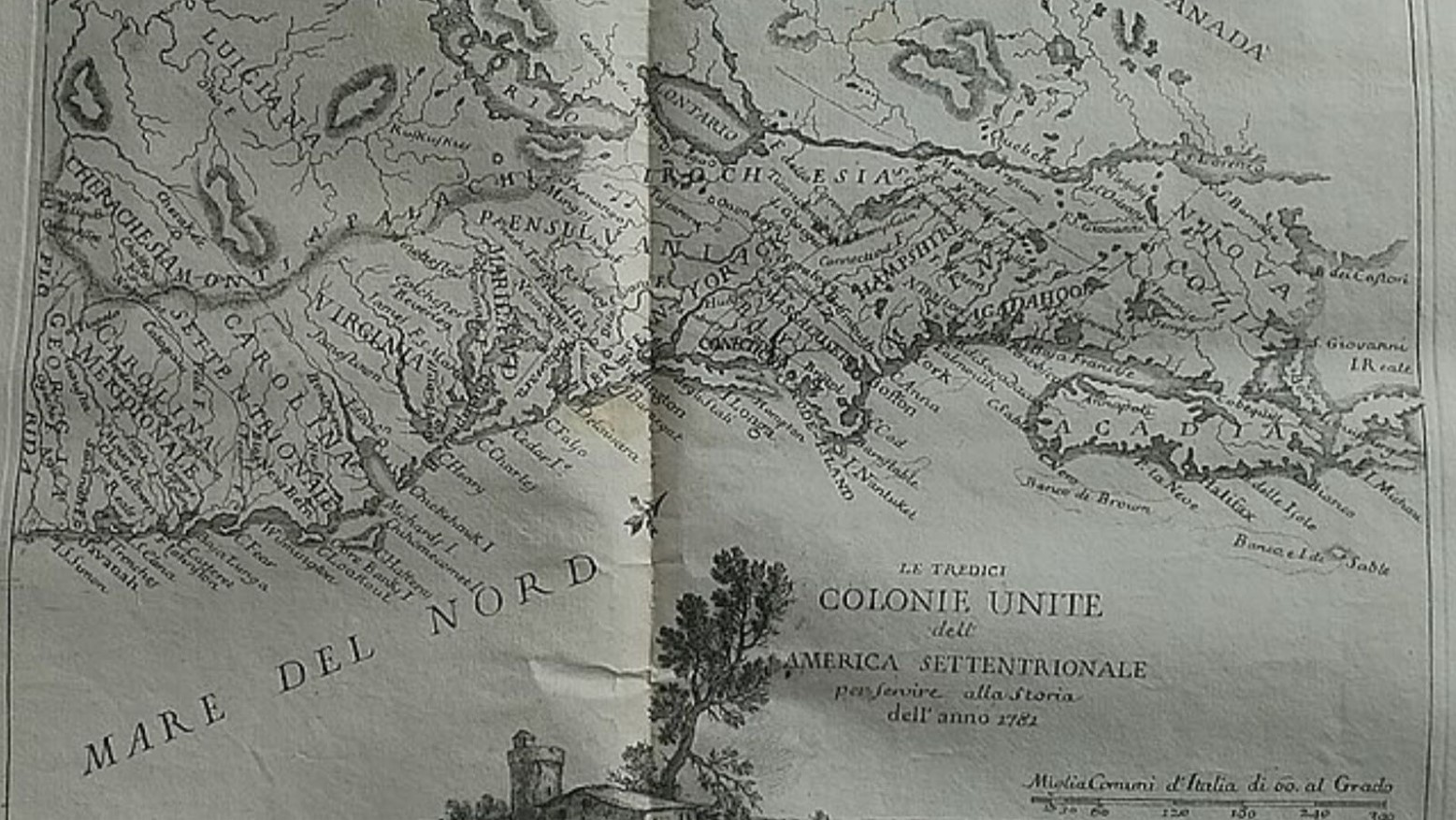
Source: A NTV/Wikimedia Commons
Answer: Great Britain
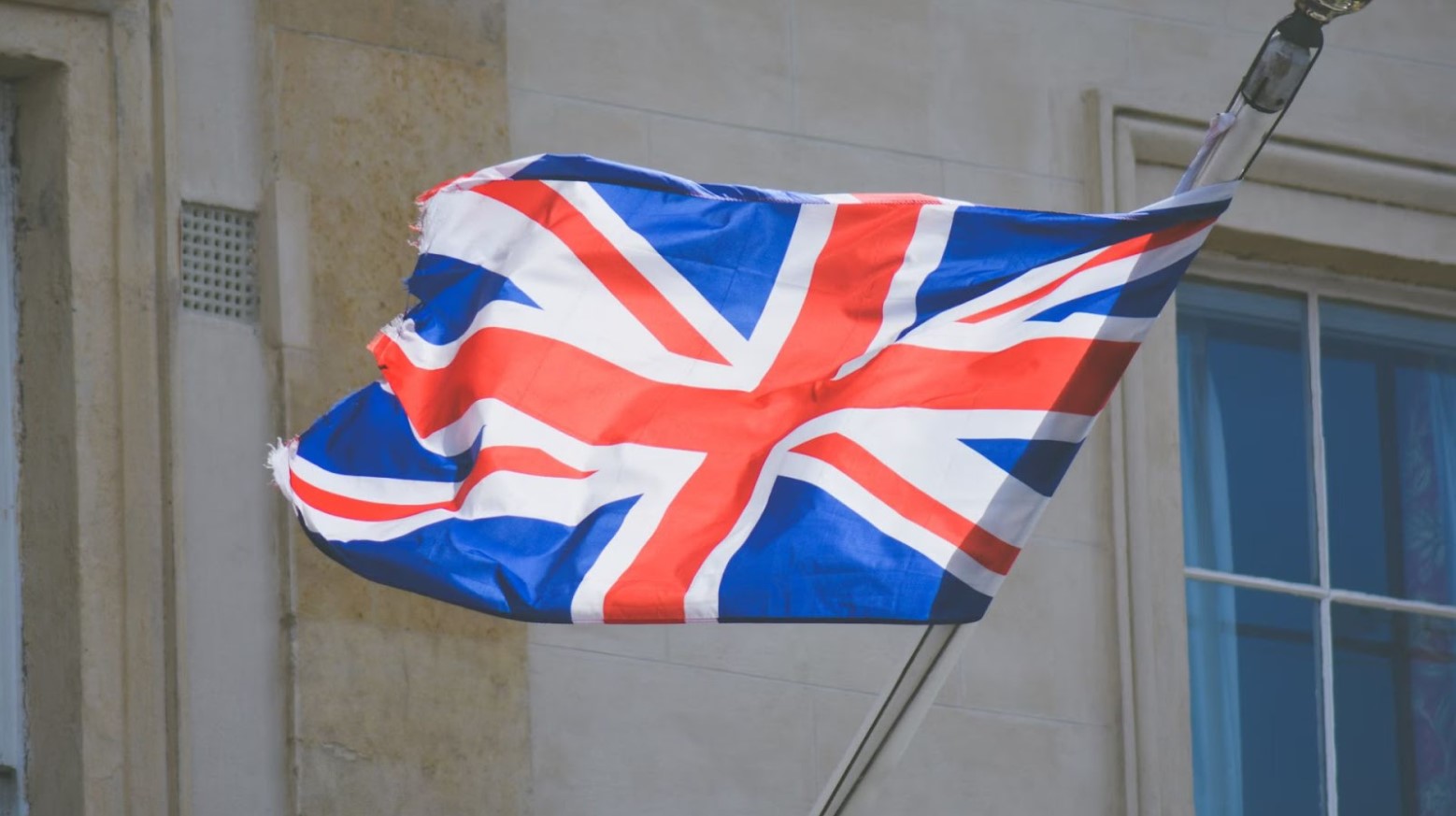
Source: Chris Lawton/Unsplash
What Years Did the American Revolution Take Place?
- A) 1765-1784
- B) 1775-1783
- C) 1775-1777
- D) 1765-1773
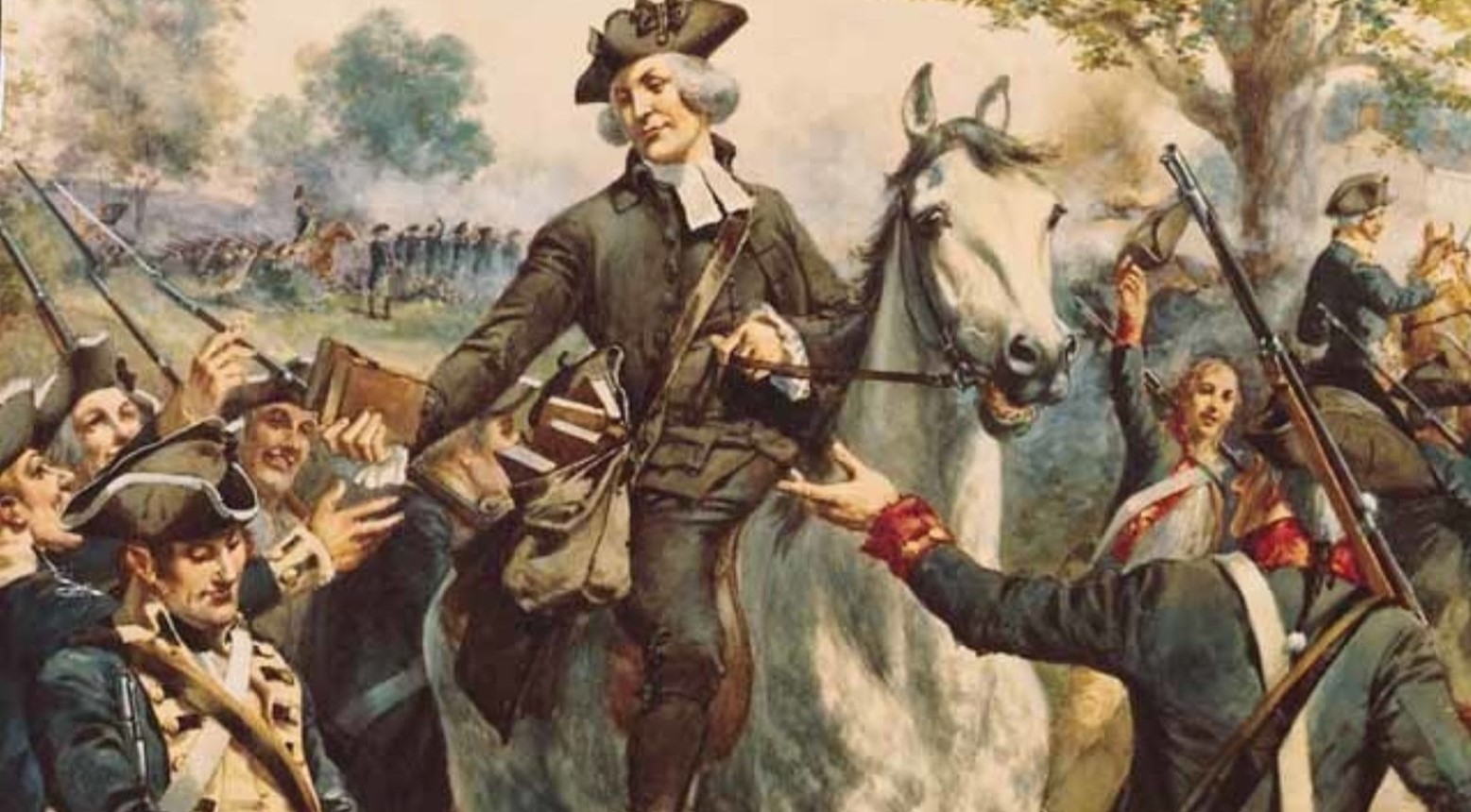
Source: Wikimedia Commons
Answer: 1775-1783
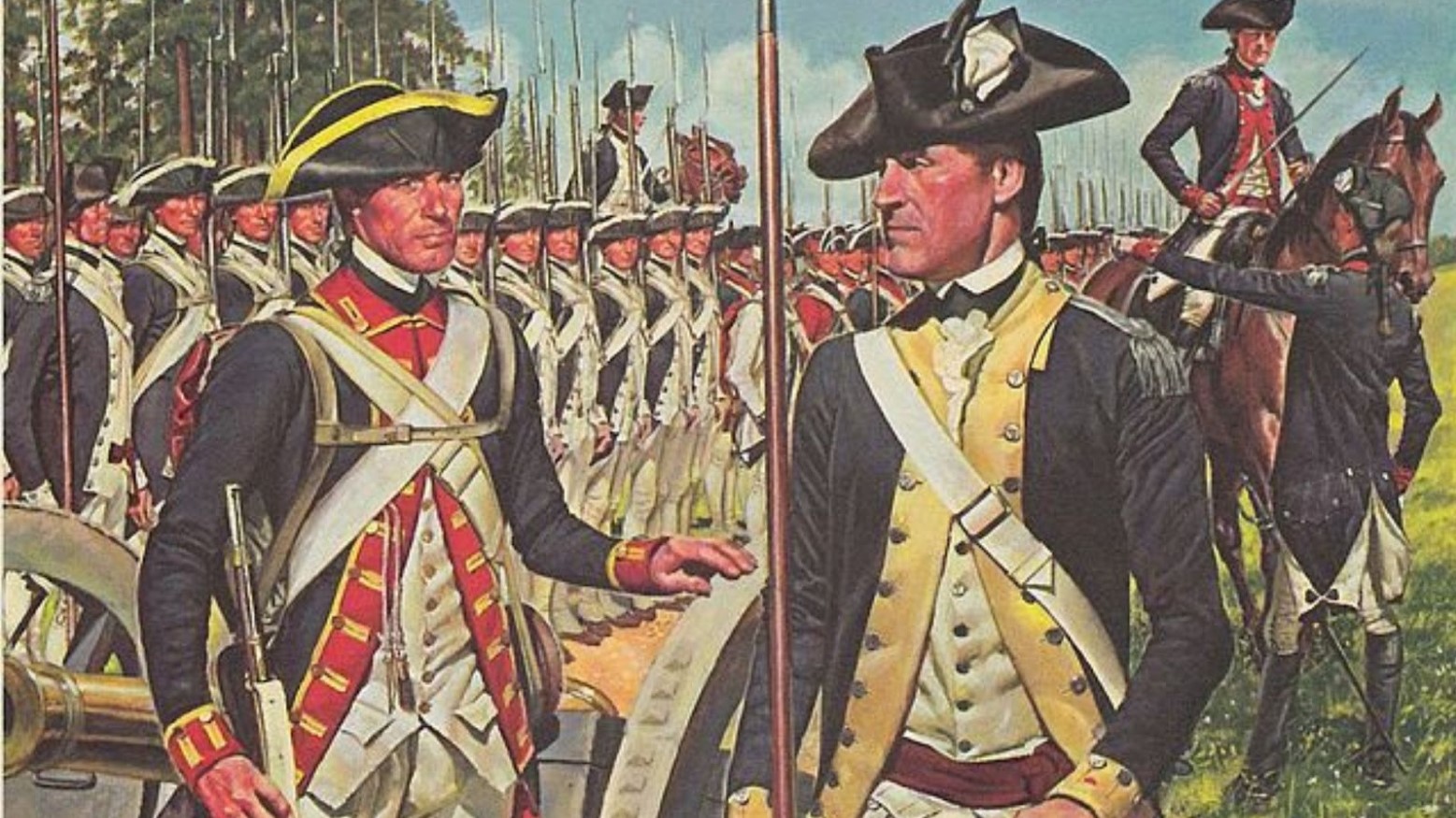
Source: H. Charles McBarron Jr./Wikimedia Commons
What Did the 1763 Proclamation of Parliament do?
- A) Prevented those in French Canada settling south of the Great Lakes
- B) Prevented American colonists from settling west of the Appalachian Mountains
- C) Allowed American colonists to have free settlement rights in the Ohio Valley
- D) Created a Stamp Tax on all legal documents, licenses, and paper goods
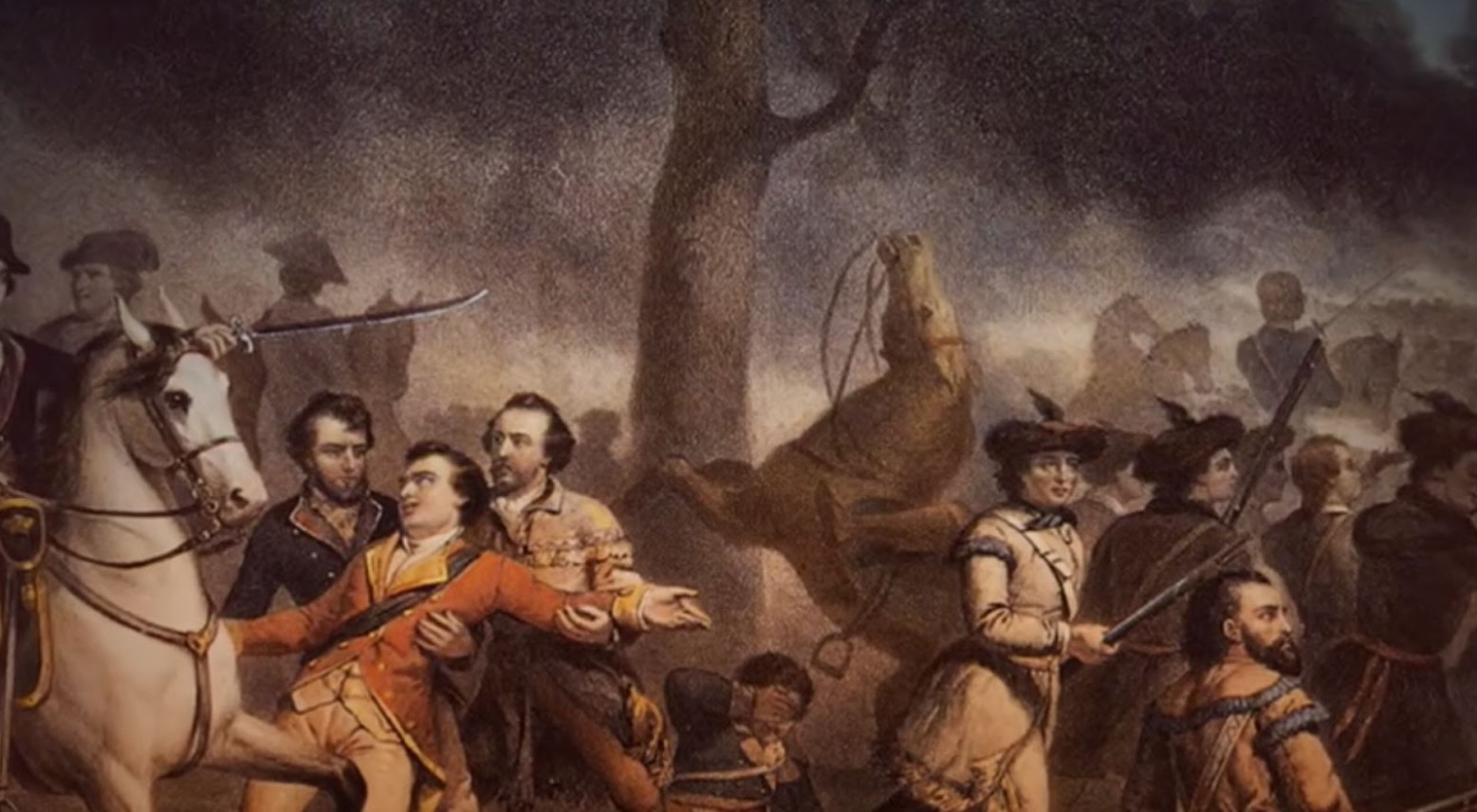
Source: HISTORY/YouTube
Answer: Prevented American colonists from settling west of the Appalachian Mountains
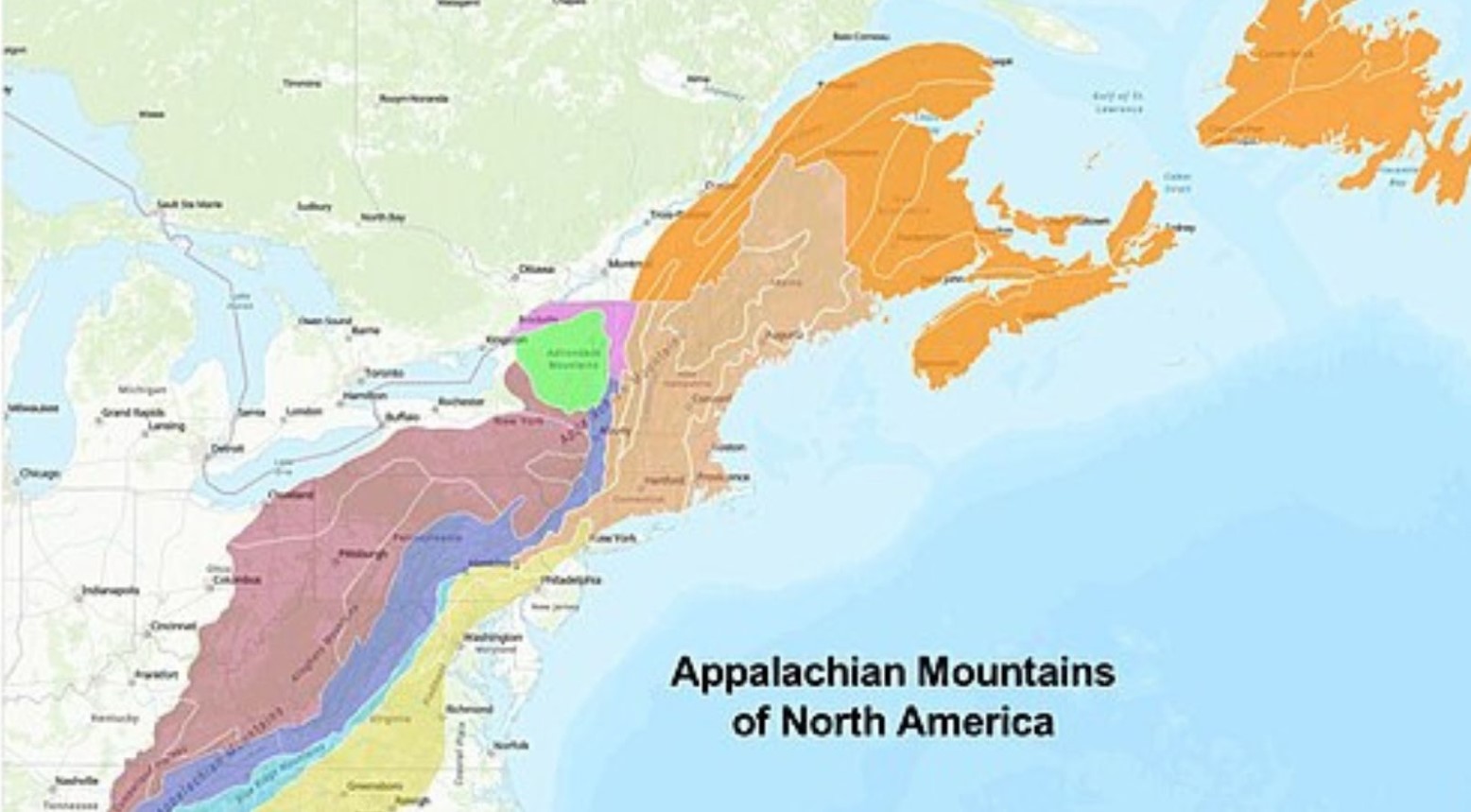
Source: Deanrah/Wikimedia Commons
Which 1764 Act Passed by the British Government Placed a Tax on Colonies for the First Time?
- A) Sugar Act
- B) Tea Act
- C) Stamp Act
- D) Declaratory Act
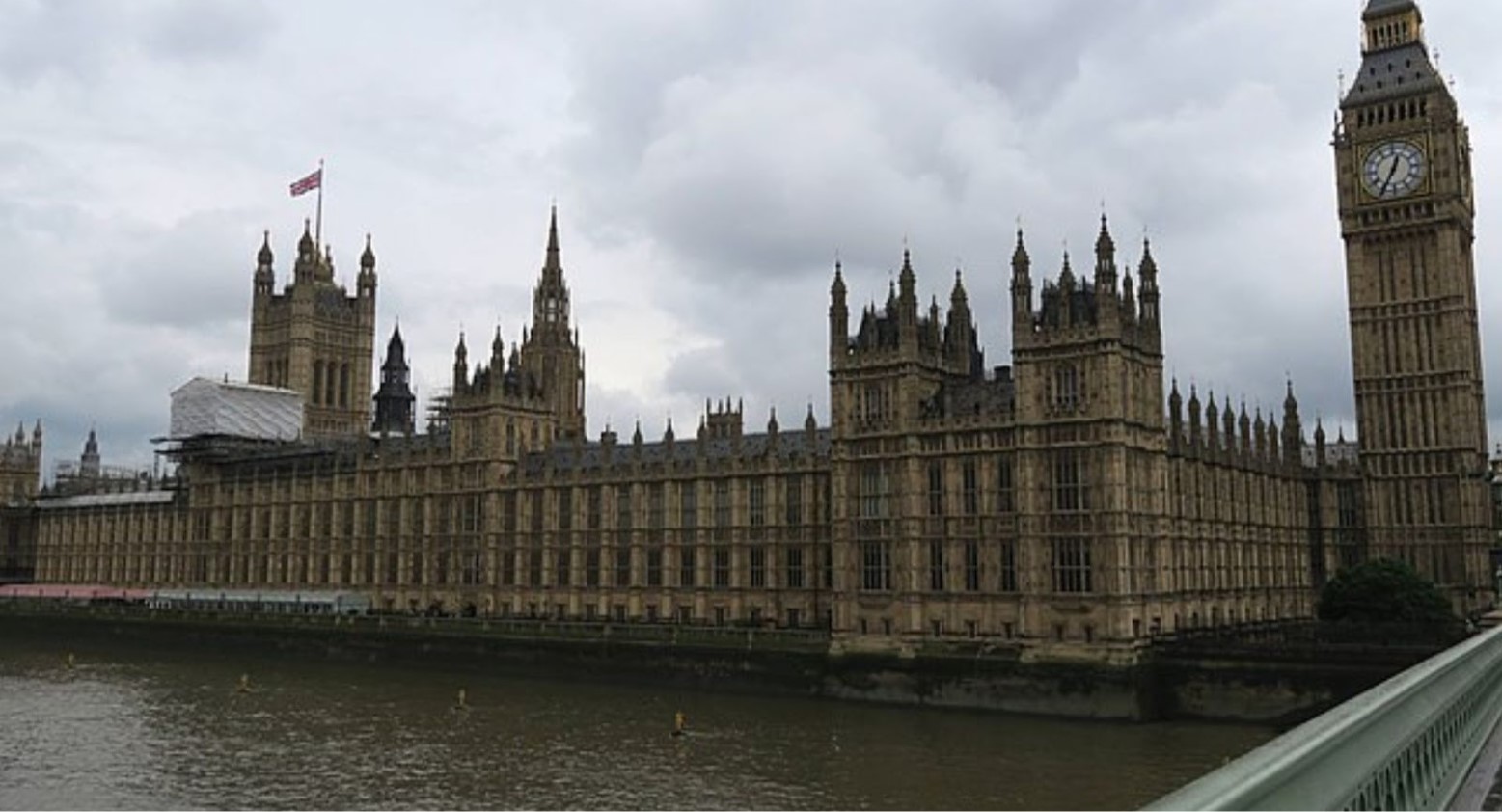
Source: Balise42/Wikimedia Commons
Answer: Sugar Act
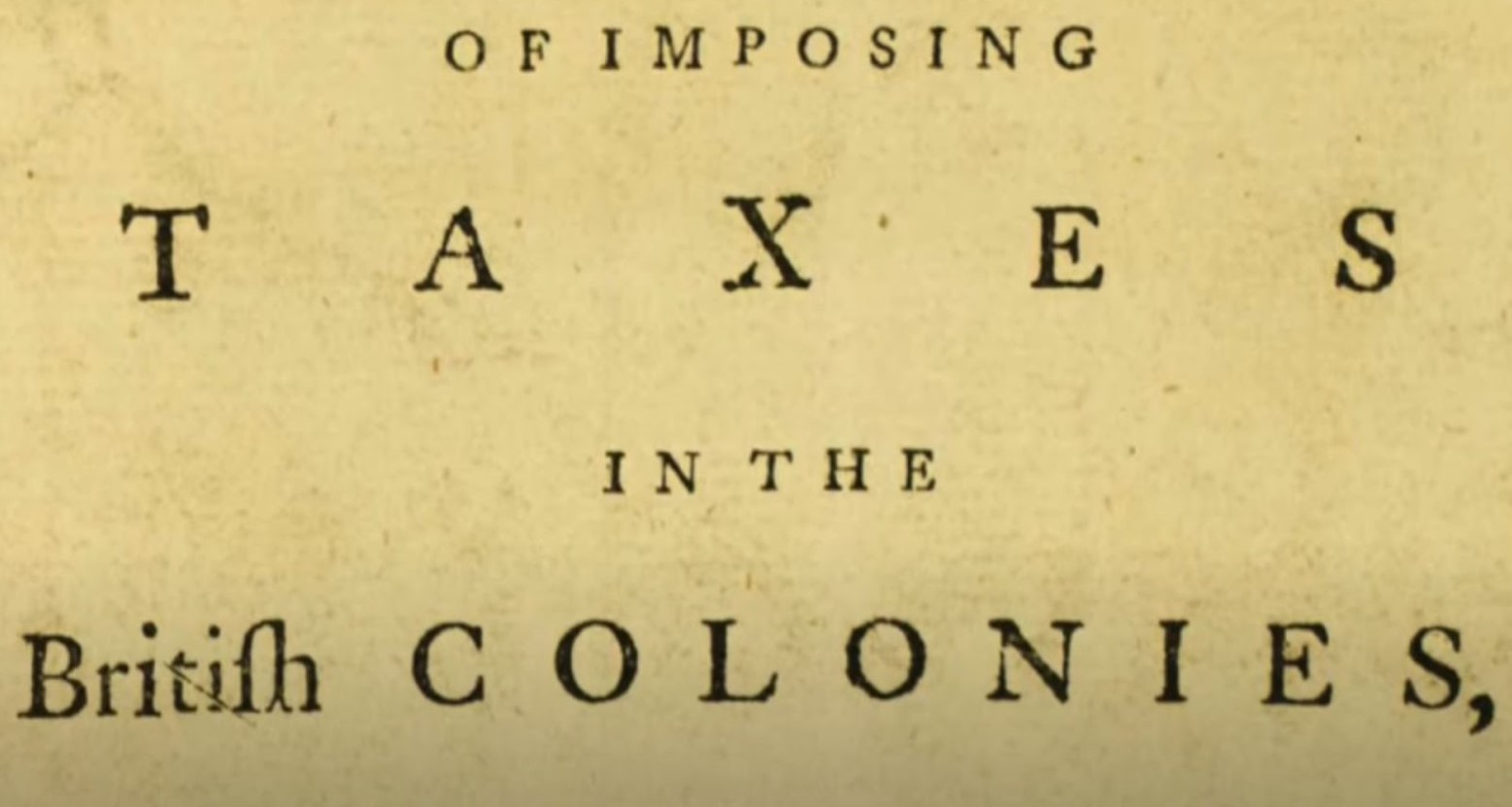
Source: Pippah Getchell/YouTube
What Was the Name of the Event When Colonists, Dressed as Indigenous Americans, Boarded British Ships and Dumped Chests of Tea into Boston Harbor?
- A) Boston Tea Party
- B) The Great Tea Dumping
- C) Boston Massacre
- D) The Indian’s Raid
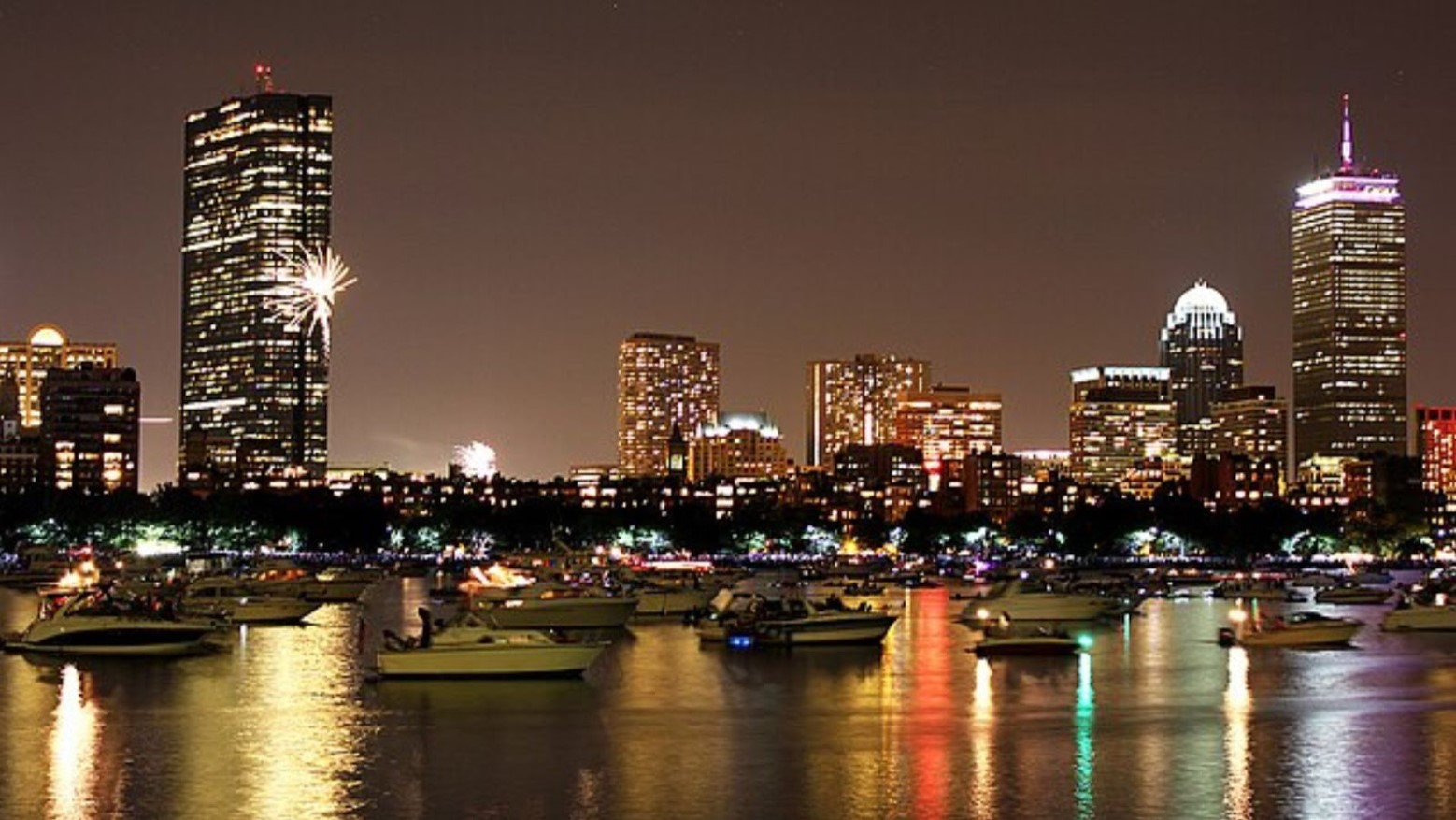
Source: Richard Schneider/Wikimedia Commons
Answer: Boston Tea Party
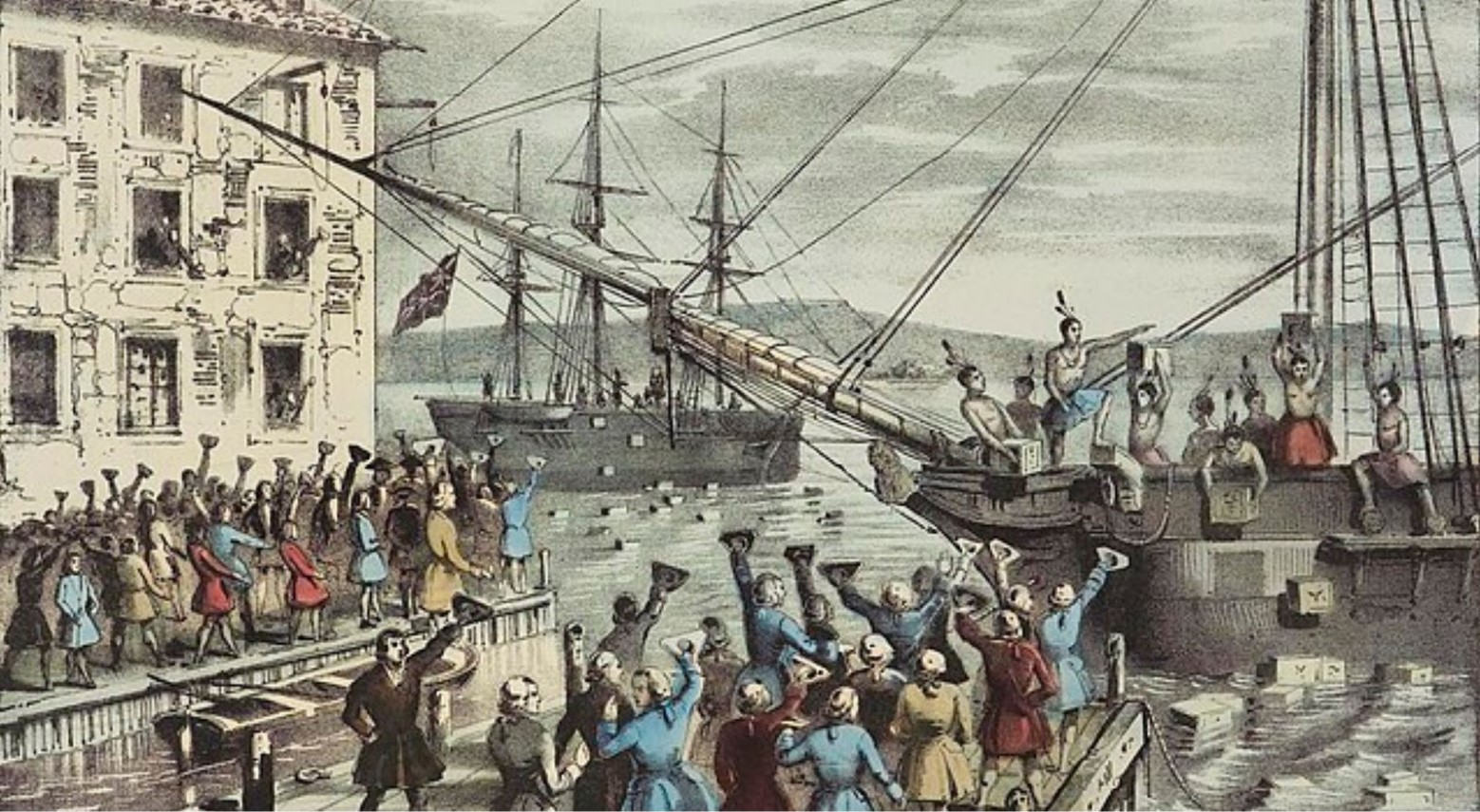
Source: Nathaniel Currier/Wikimedia Commons
What Was the Seven Years’ War Called in the American Colonies?
- A) King Philip’s War
- B) The War of 1759
- C) Pontiac’s Rebellion
- D) The French and Indian War
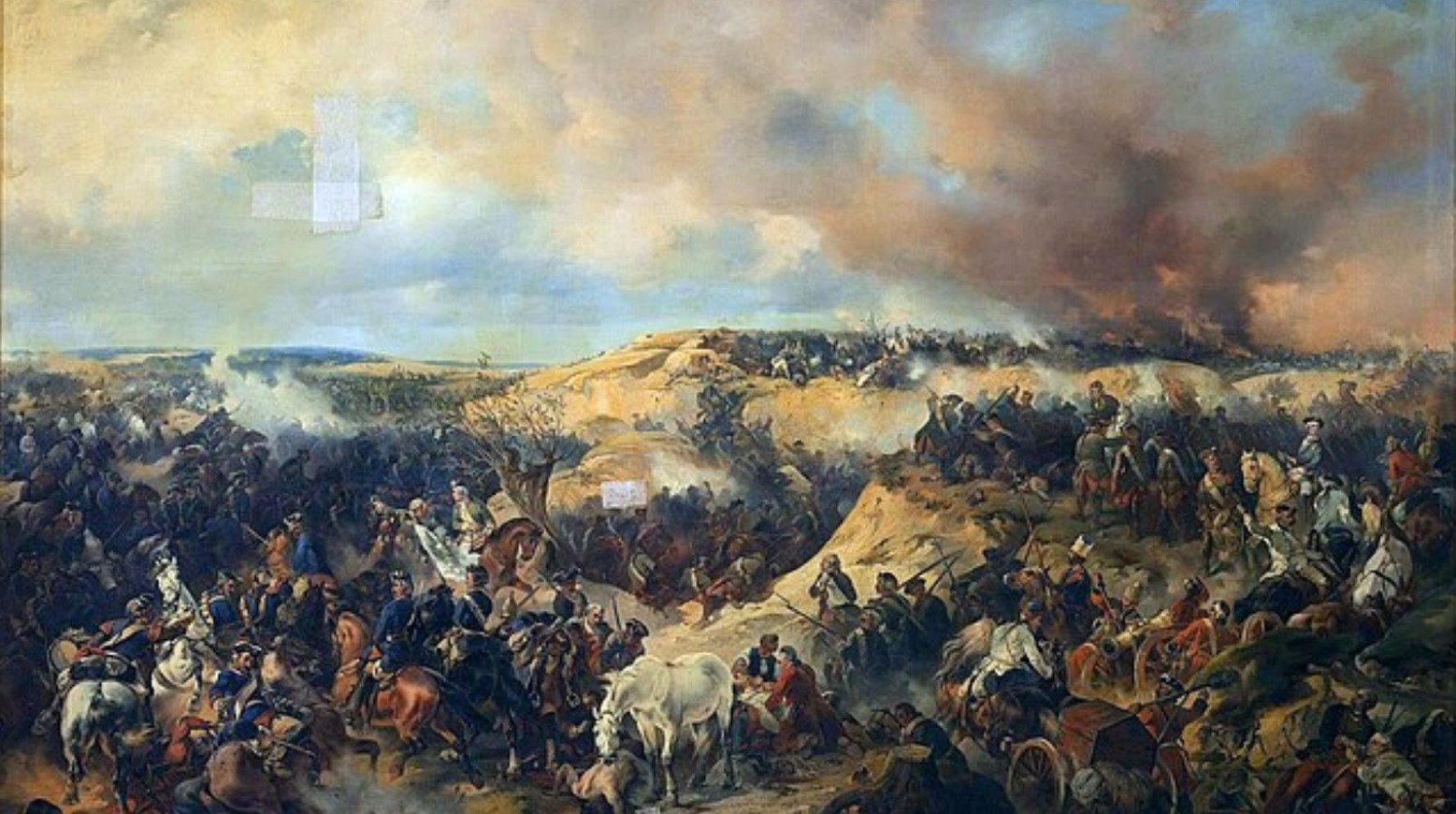
Source: Alexander Kotzebue/Wikimedia Commons
Answer: The French and Indian War
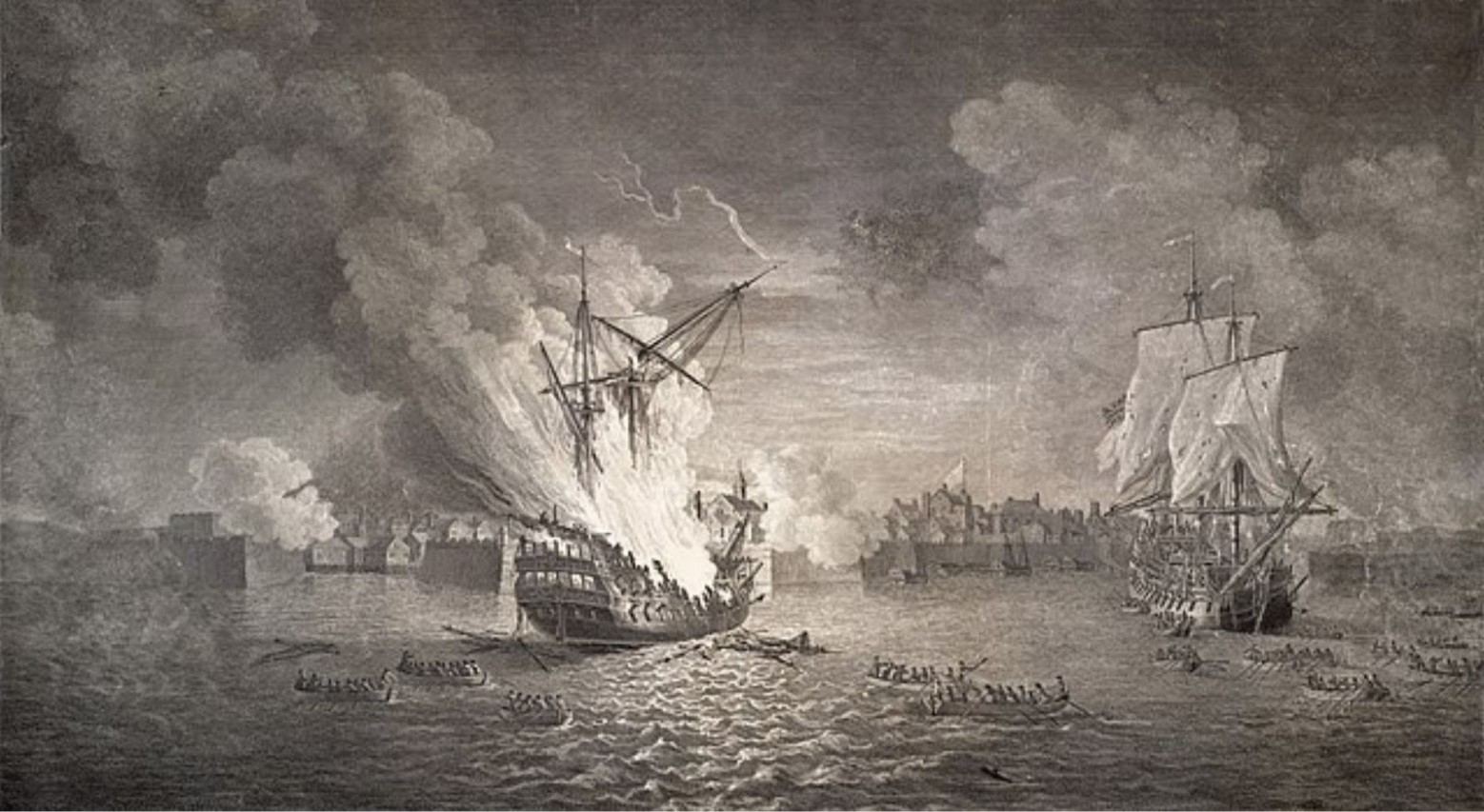
Source: Canot, P. C./Wikimedia Commons
Who Spied on the American Commissioners for the British?
- A) Austin Roe
- B) Abraham Woodhull
- C) Hercules Mulligan
- D) Edward Bancroft
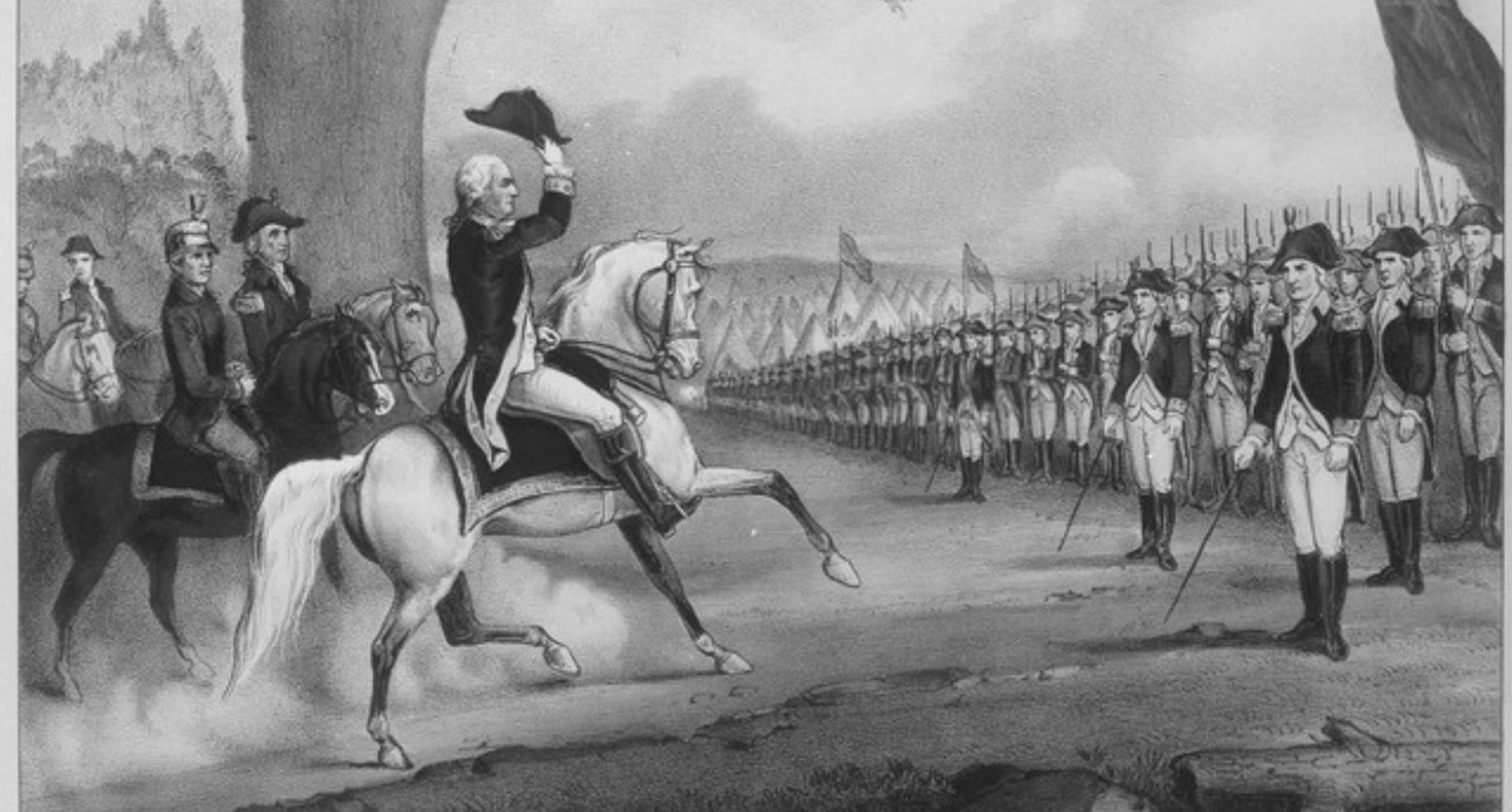
Source: Unknown Author/Wikimedia Commons
Answer: Edward Bancroft
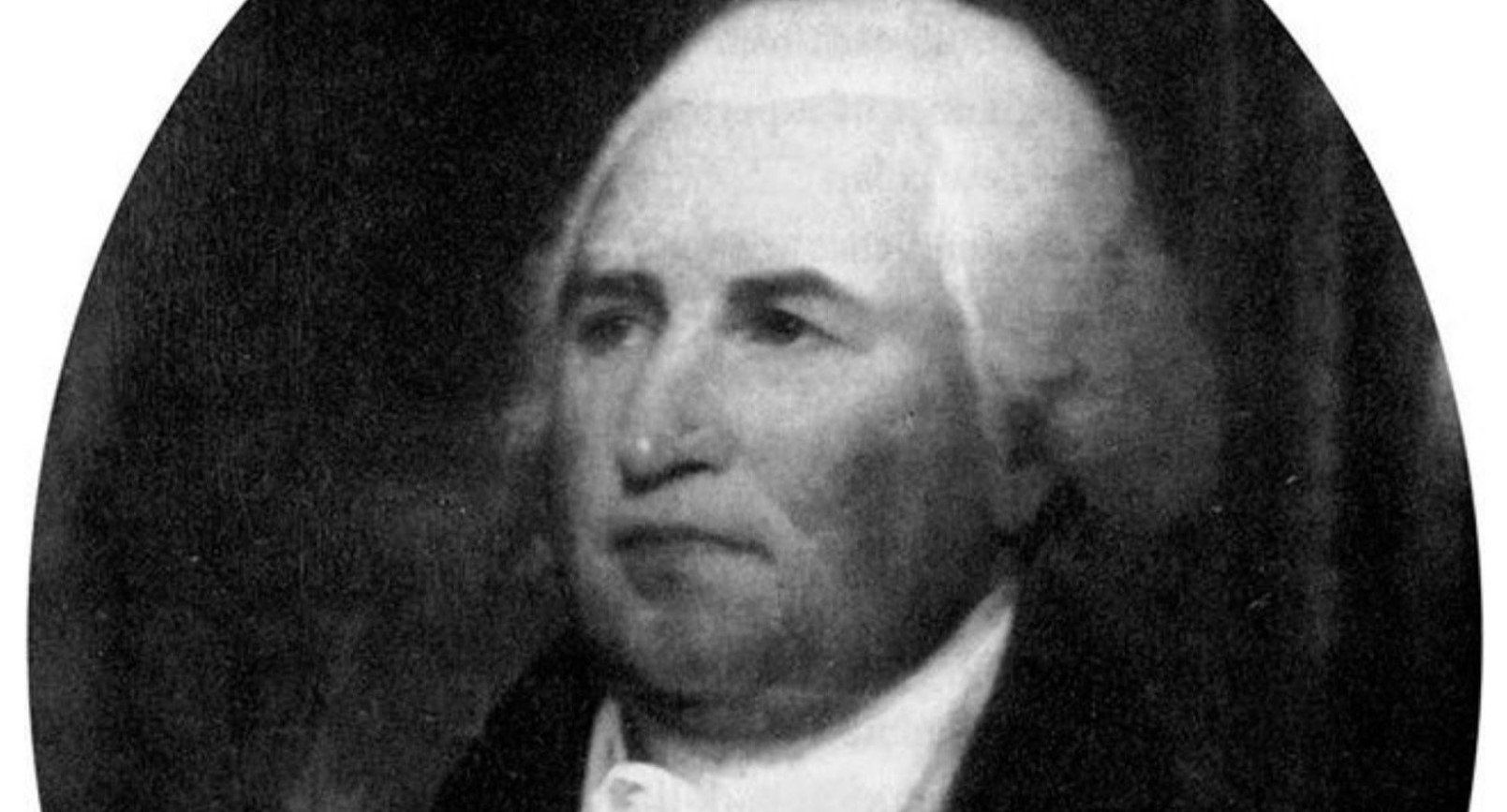
Source: Unknown Author/Wikimedia Commons
Where Was the Street Where the Boston Massacre Occurred?
- A) Quay Street
- B) Harbour Street
- C) Queen Street
- D) King Street
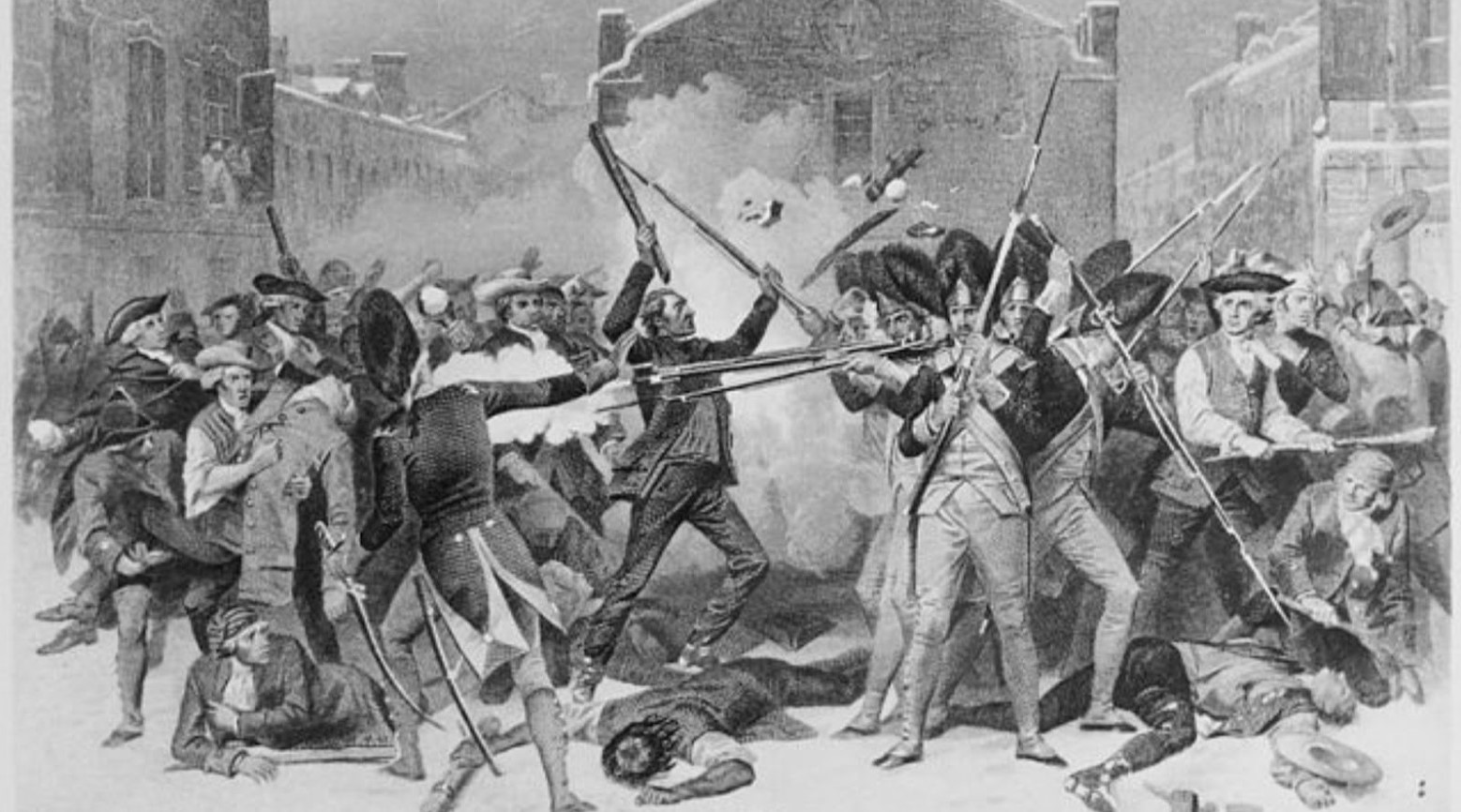
Source: Unknown Author/Wikimedia Commons
Answer: King Street
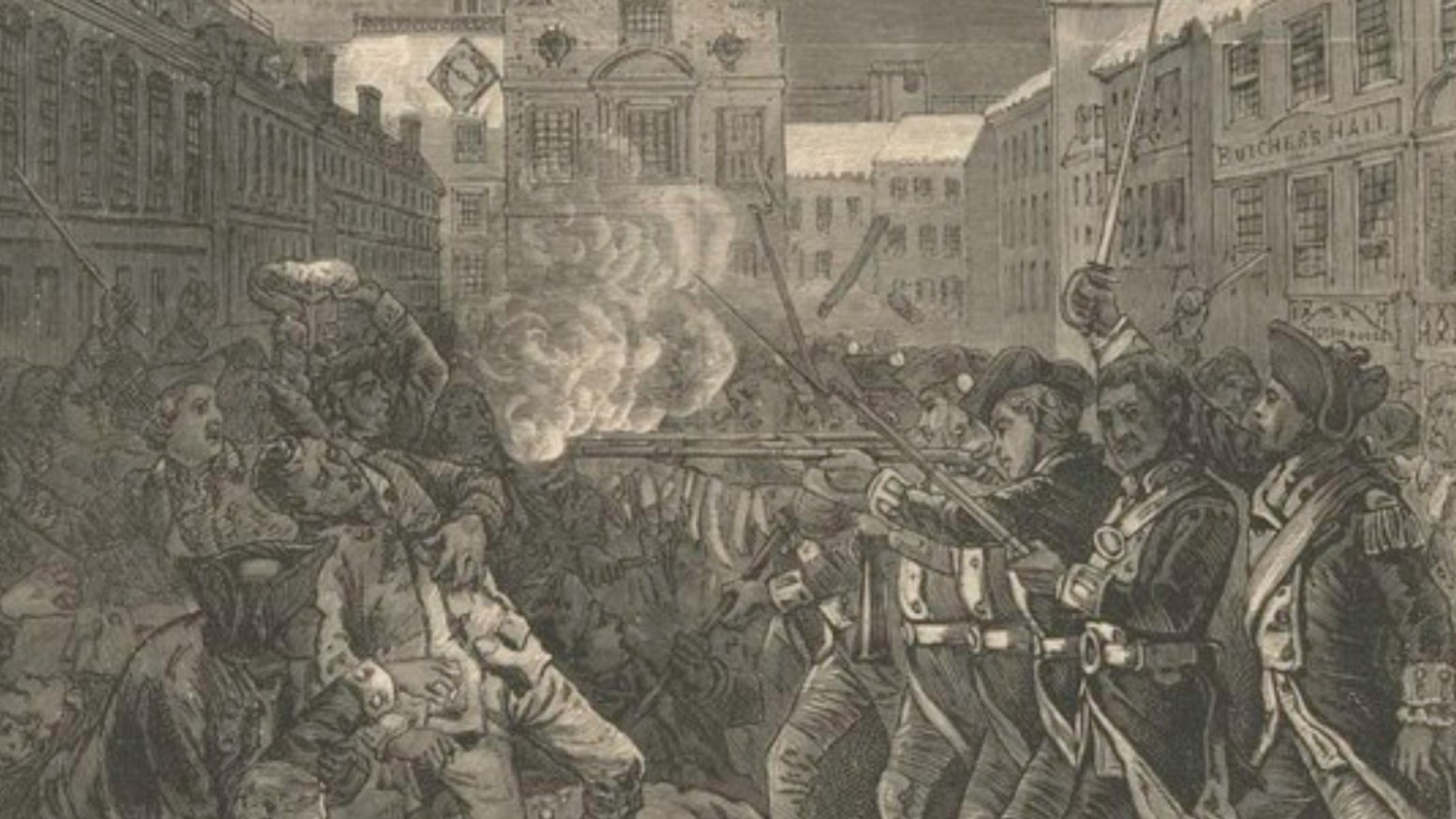
Source: NYPL/Wikimedia Commons
Which Event Marked the Beginning of the American Revolution?
- A) Whiskey Rebellion
- B) Siege of Yorktown
- C) The Battles of Lexington and Concord
- D) The adoption of the Declaration of Independence
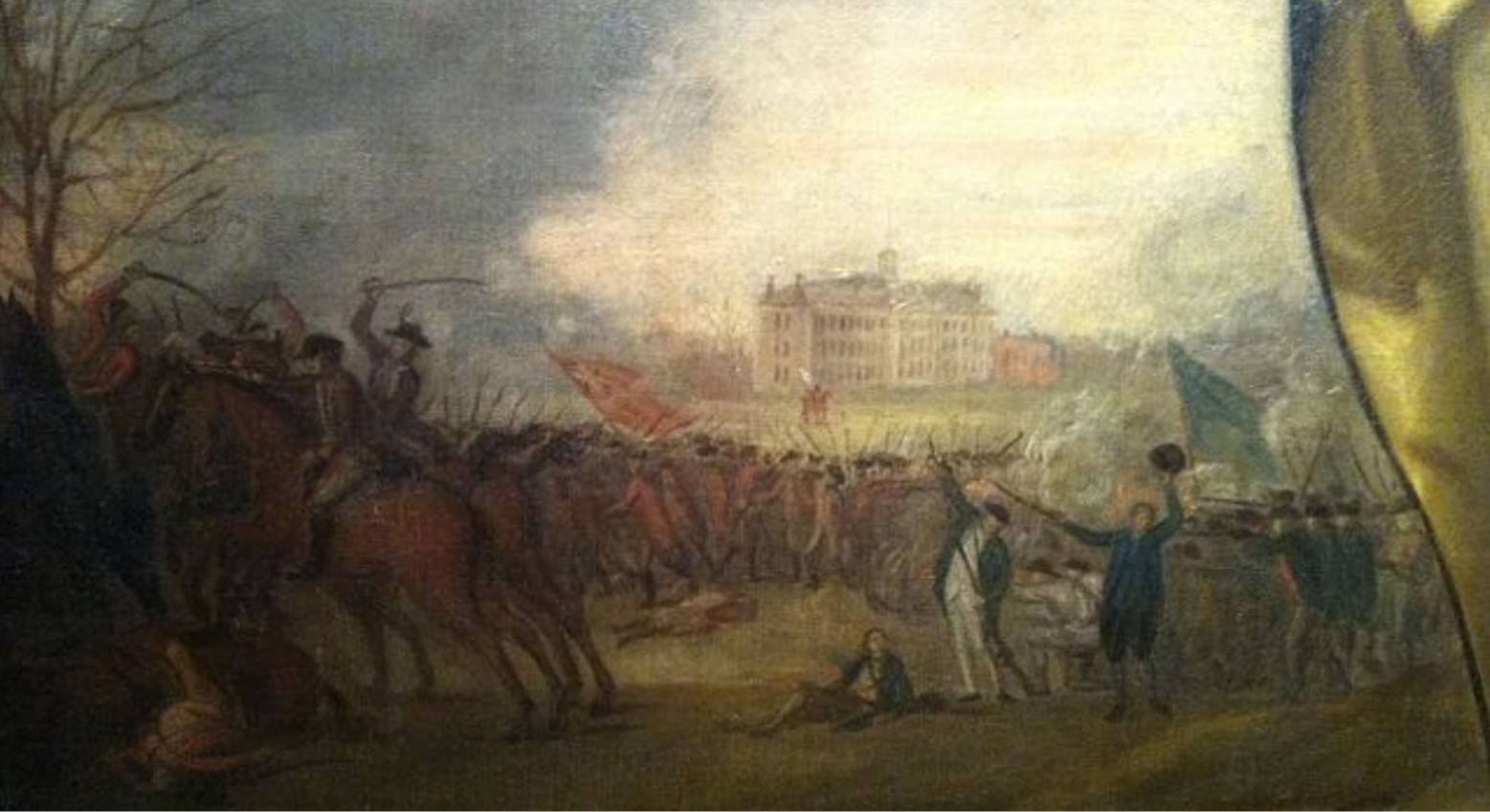
Source: SimonATL/Wikimedia Commons
Answer: The Battles of Lexington and Concord
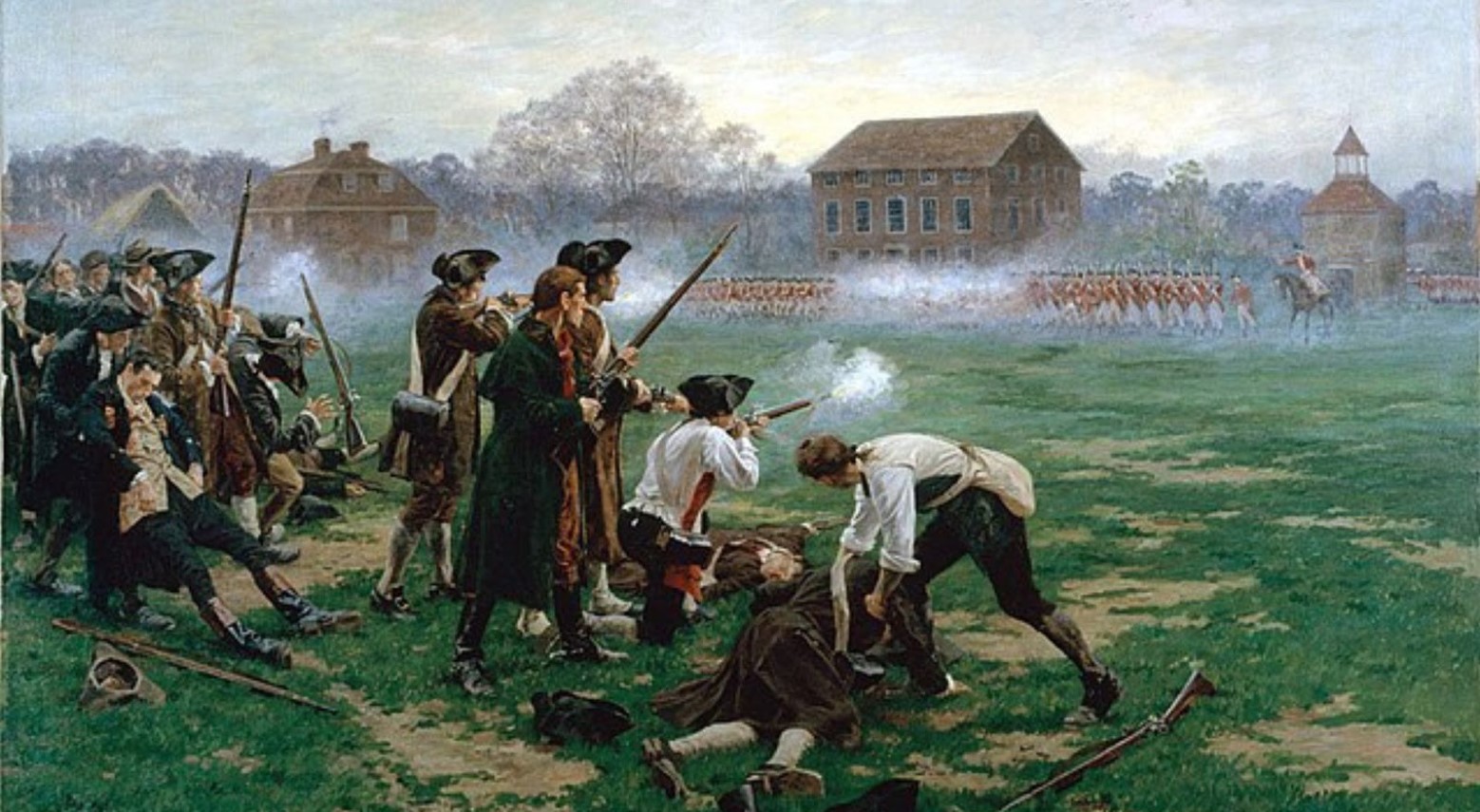
Source: William Barnes Wollen/Wikimedia Commons
When Were the Battles of Lexington and Concord Fought?
- A) April 12, 1761
- B) April 19, 1775
- C) July 4, 1776
- D) June 17, 1775
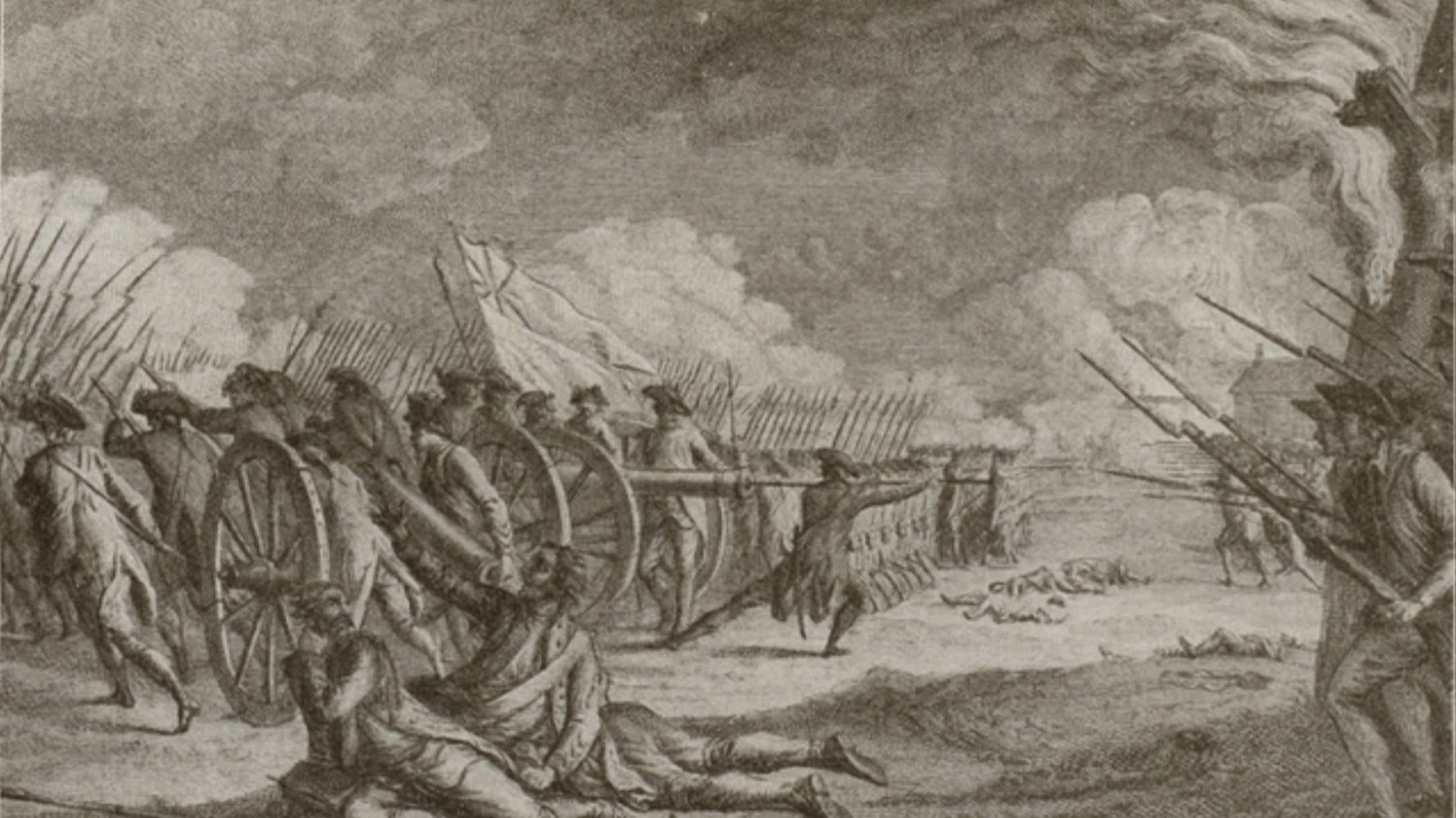
Source: Godefroy, François/Wikimedia Commons
Answer: April 19, 1775
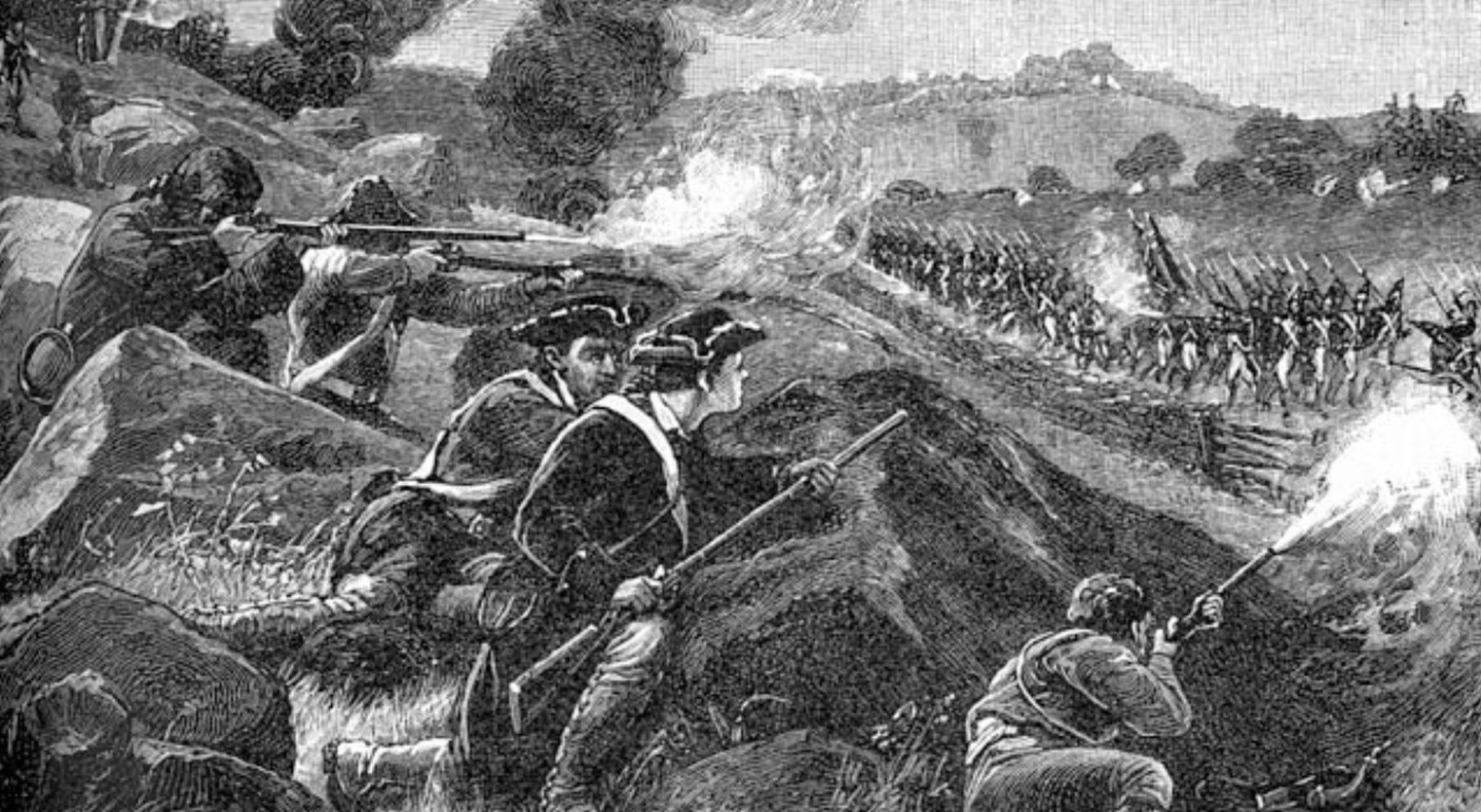
Source: Unknown Author/Wikimedia Commons
Which Hill Was the Battle of Bunker Hill Fought On?
- A) Snodgrass Hill
- B) Overstreet Hill
- C) Bunker Hill
- D) Breed’s Hill
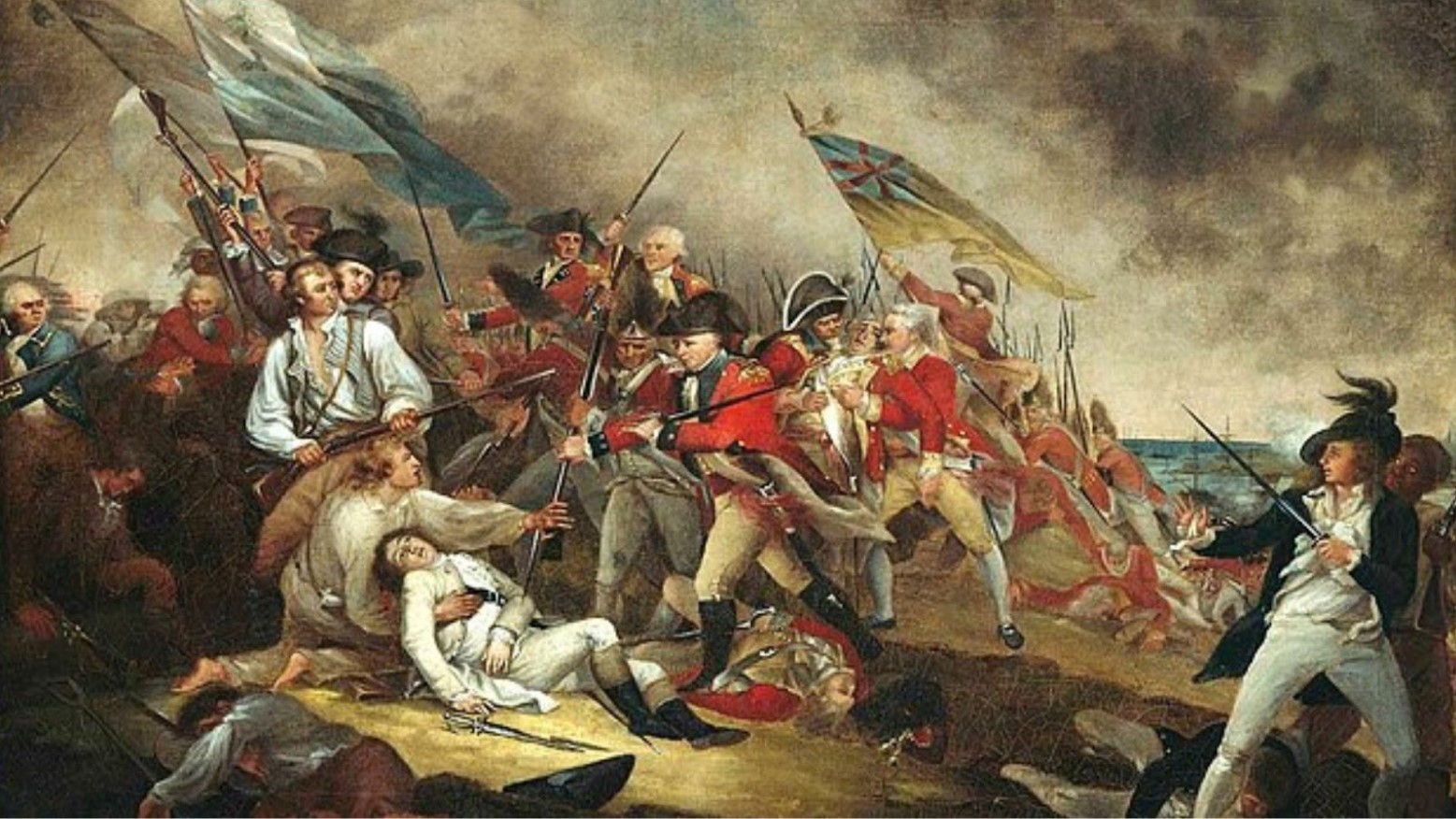
Source: John Trumbull/Wikimedia Commons
Answer: Breed’s Hill
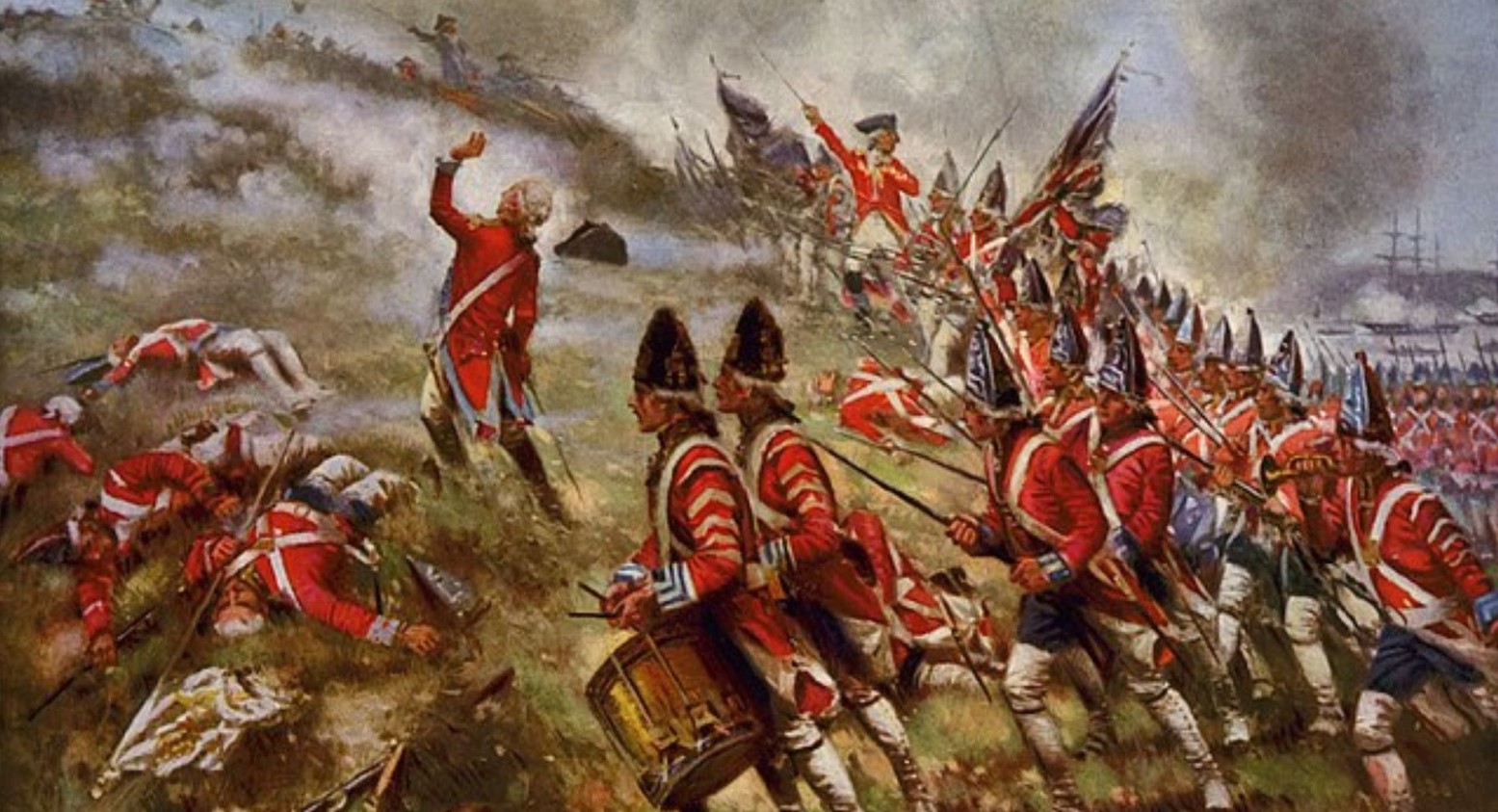
Source: E. Percy Moran/Wikimedia Commons
Where Did ‘The Minute Men’ Get Their Name From?
- A) Because of their height
- B) Because they would fight a minute past the hour
- C) Because they always turned up a minute late
- D) Because of their willingness to fight at a moment’s notice
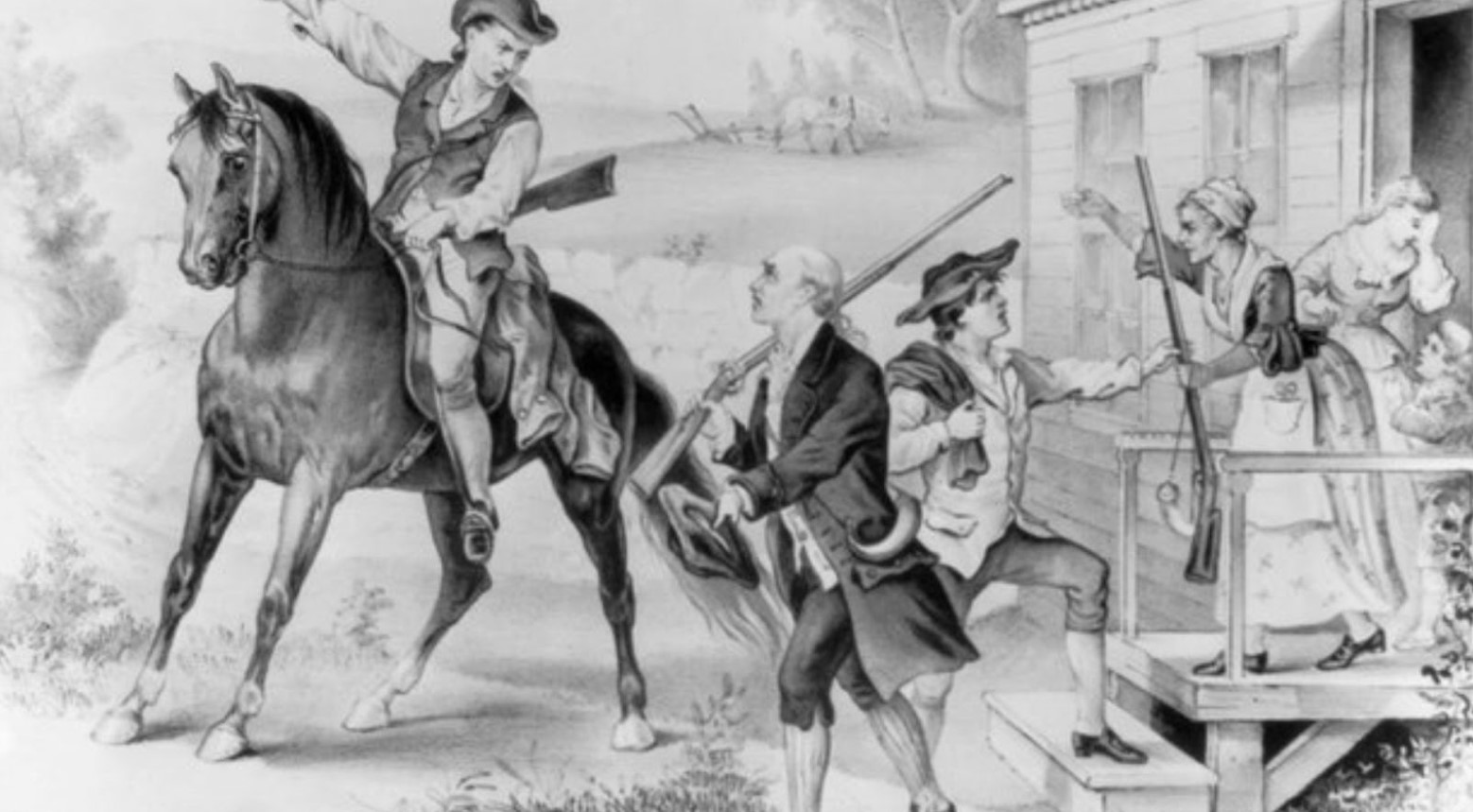
Source: Popular Graphic Arts/Wikimedia Commons
Answer: Because of their willingness to fight at a moment’s notice
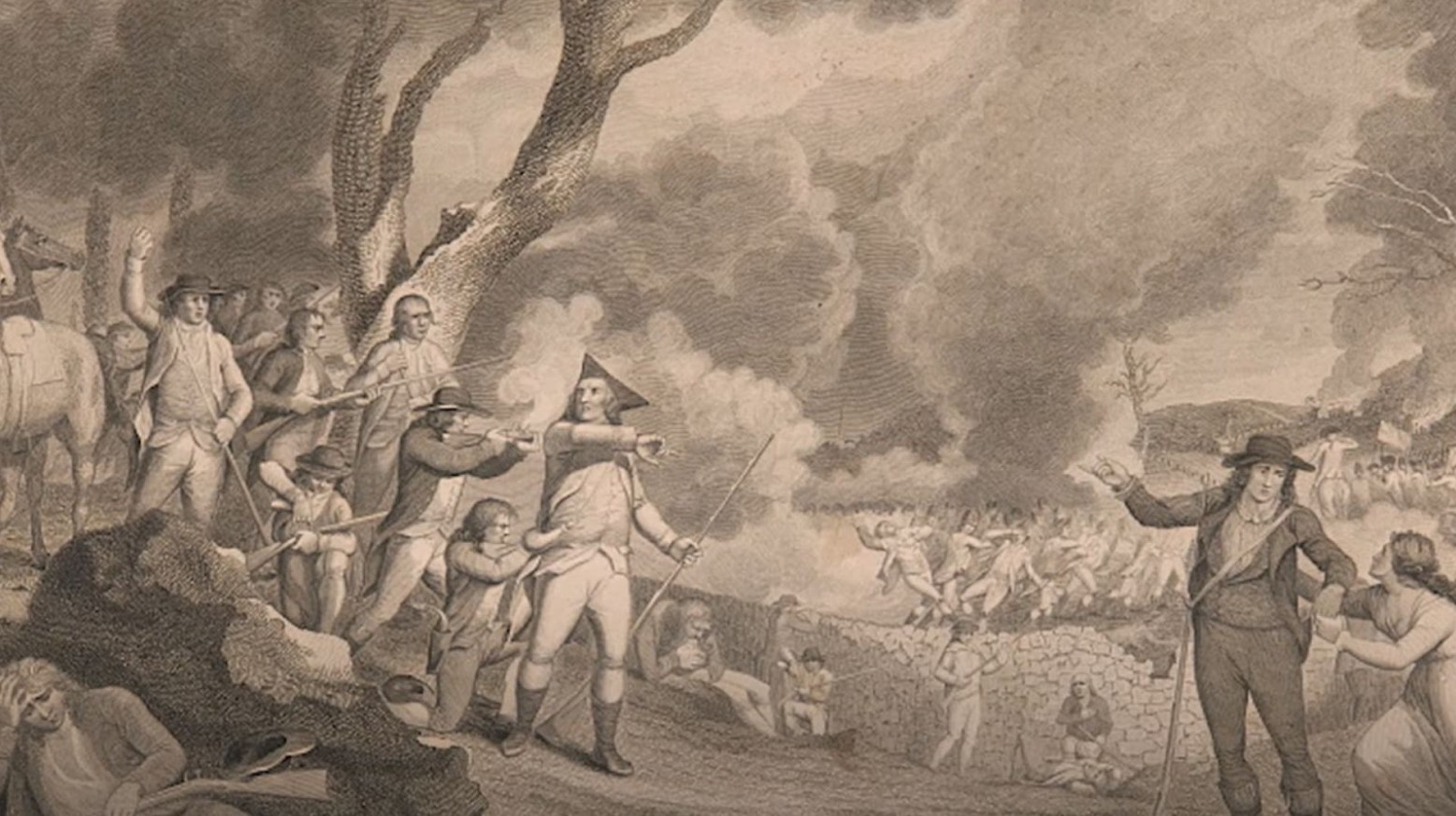
Source: Americana Corner/YouTube
In February 1778, Which Country Did the United States Form an Alliance With?
- A) Mexico
- B) Canada
- C) France
- D) Spain
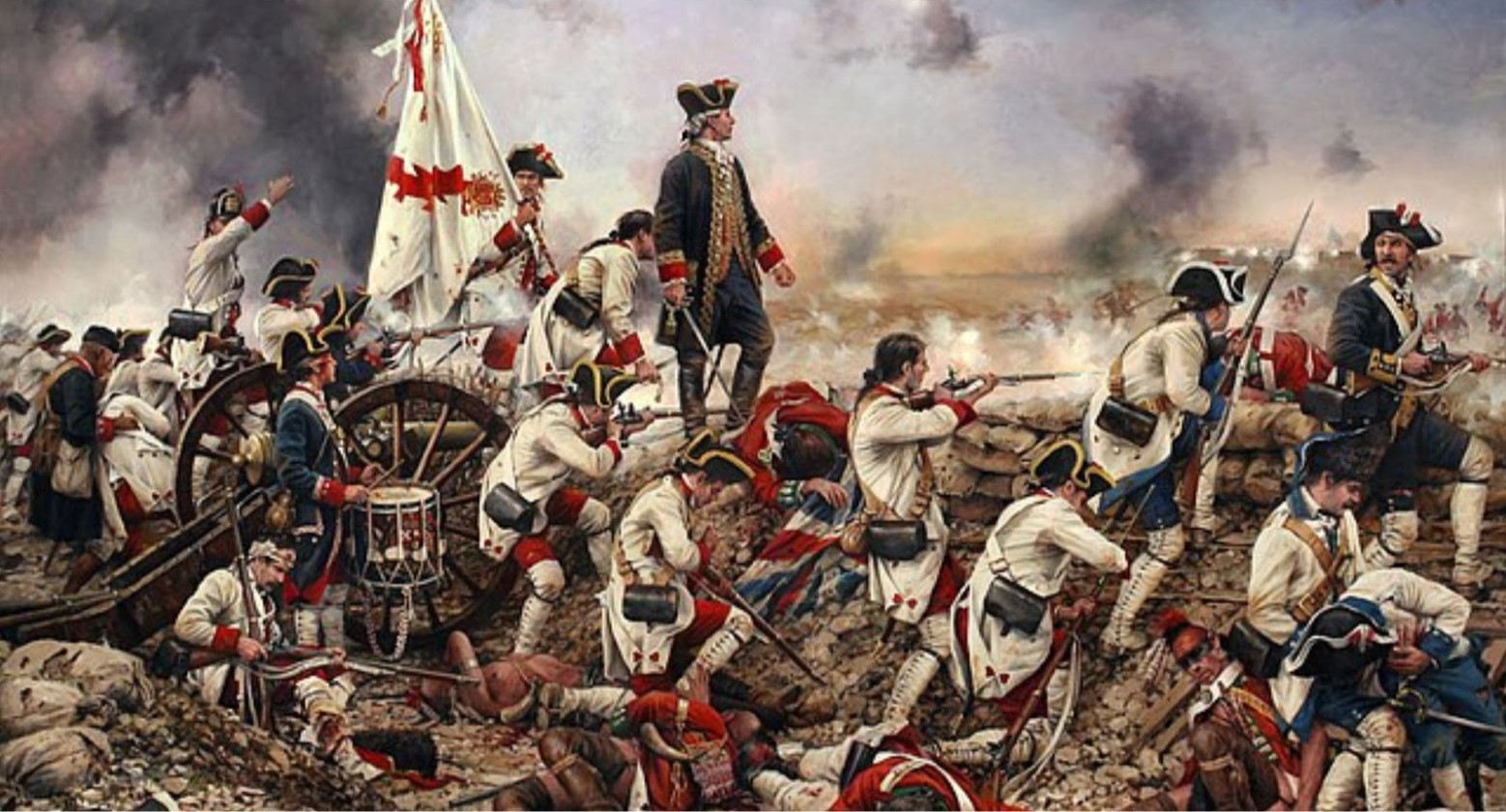
Source: Augusto Ferrer-Dalmau/Wikimedia Commons
Answer: France
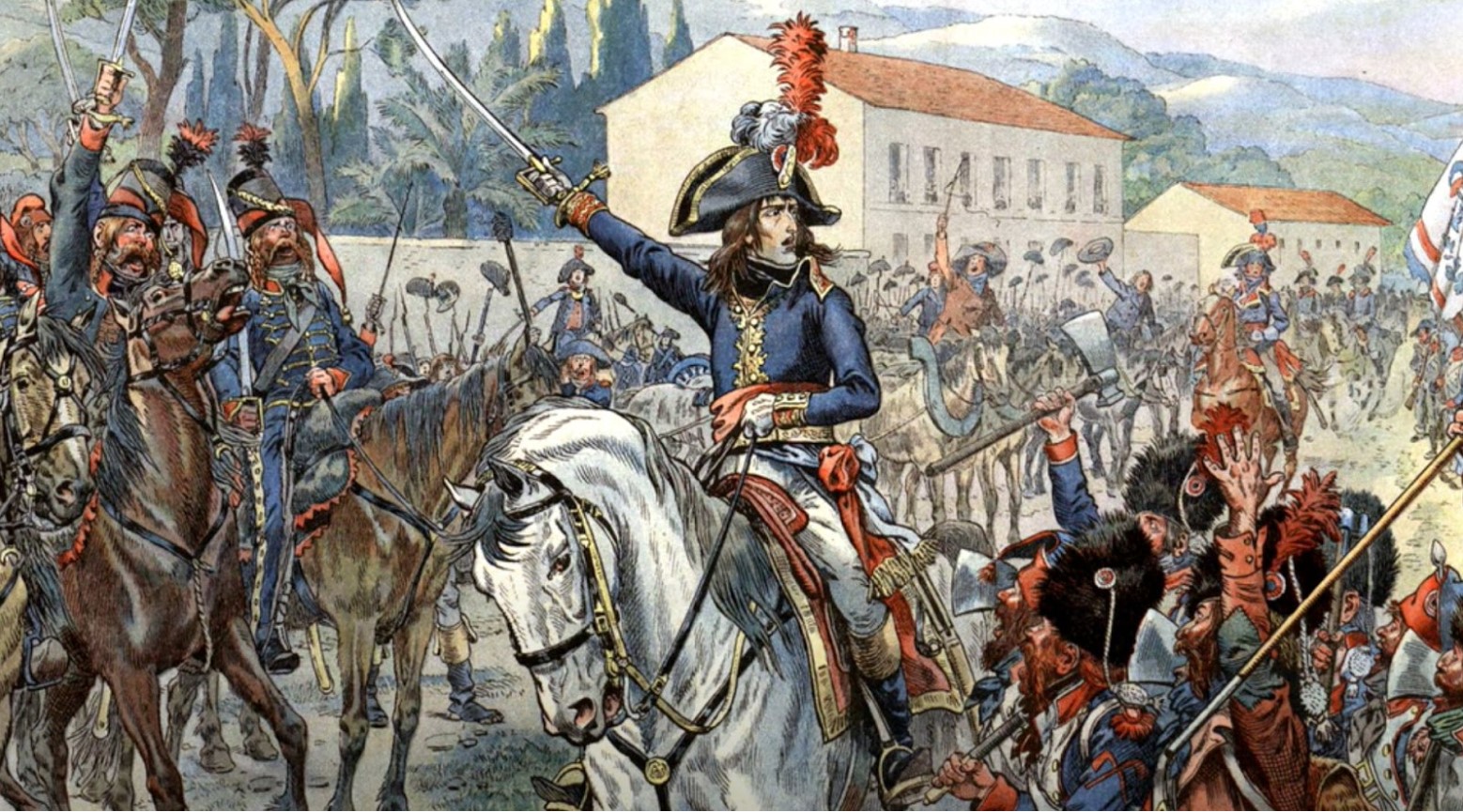
Source: Historically Adequate/YouTube
Which French Figurehead Commanded the French Expedition in the United States?
- A) Comte de Rochambeau
- B) Marquis de Montcalm
- C) Marquis de Lafayette
- D) Comte d’ Estaing
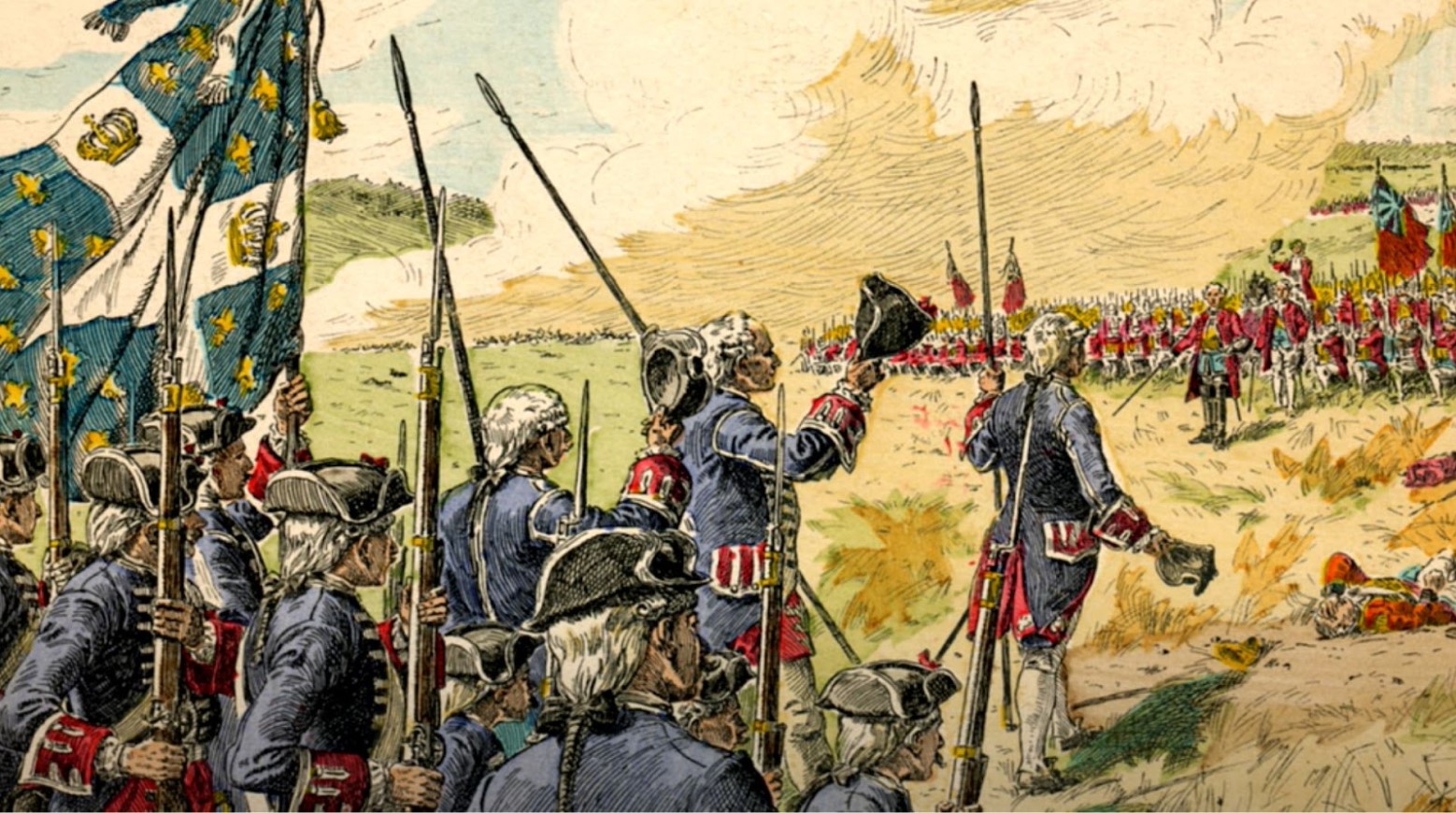
Source: Historically Adequate/YouTube
Answer: Comte de Rochambeau
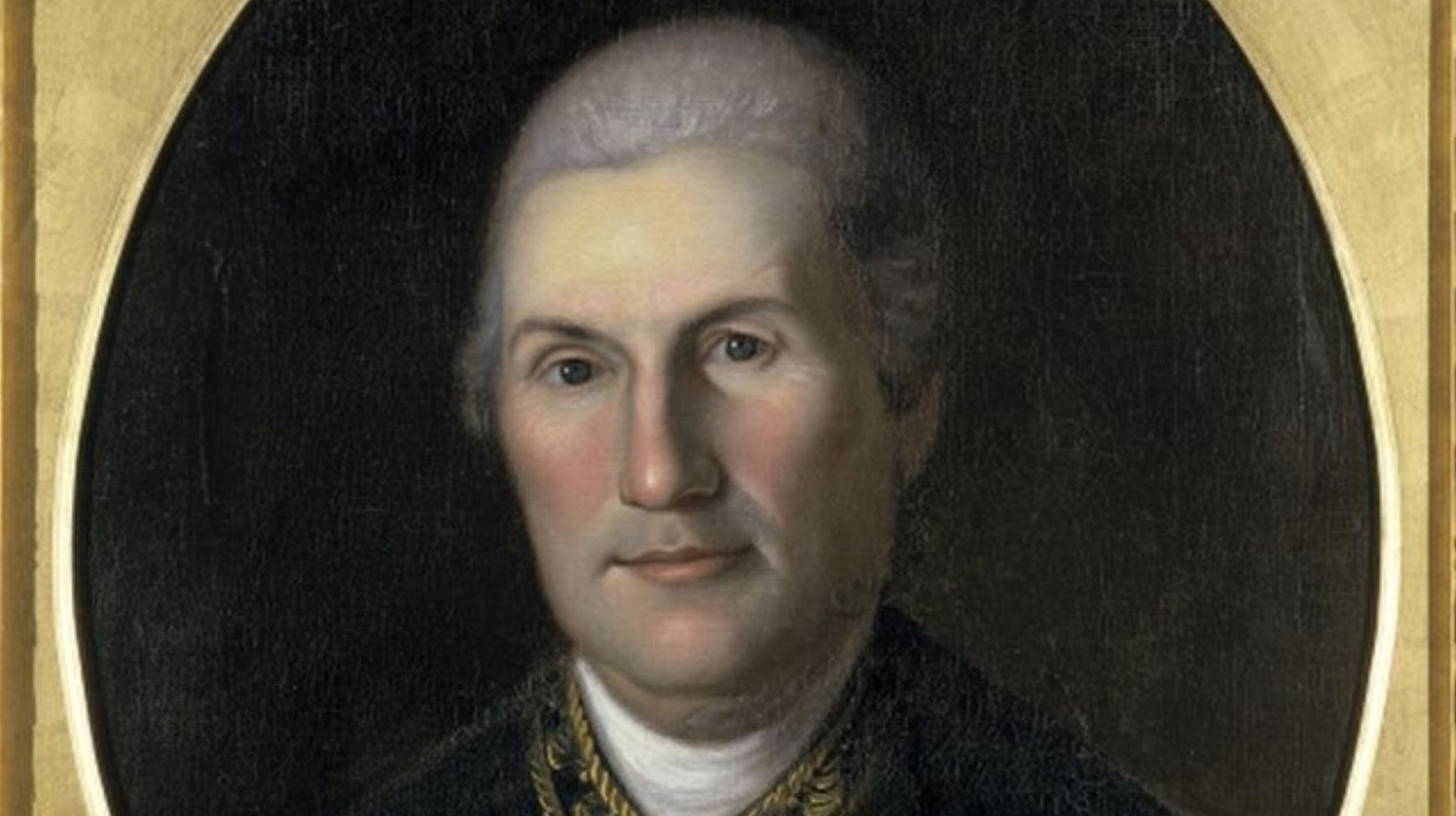
Source: Carles Wilson Peale/Wikimedia Commons
Who Drafted the Declaration of Independence of the United States?
- A) William Hill Brown
- B) Olaudah Equiano
- C) Thomas Jefferson
- D) Phillis Wheatley
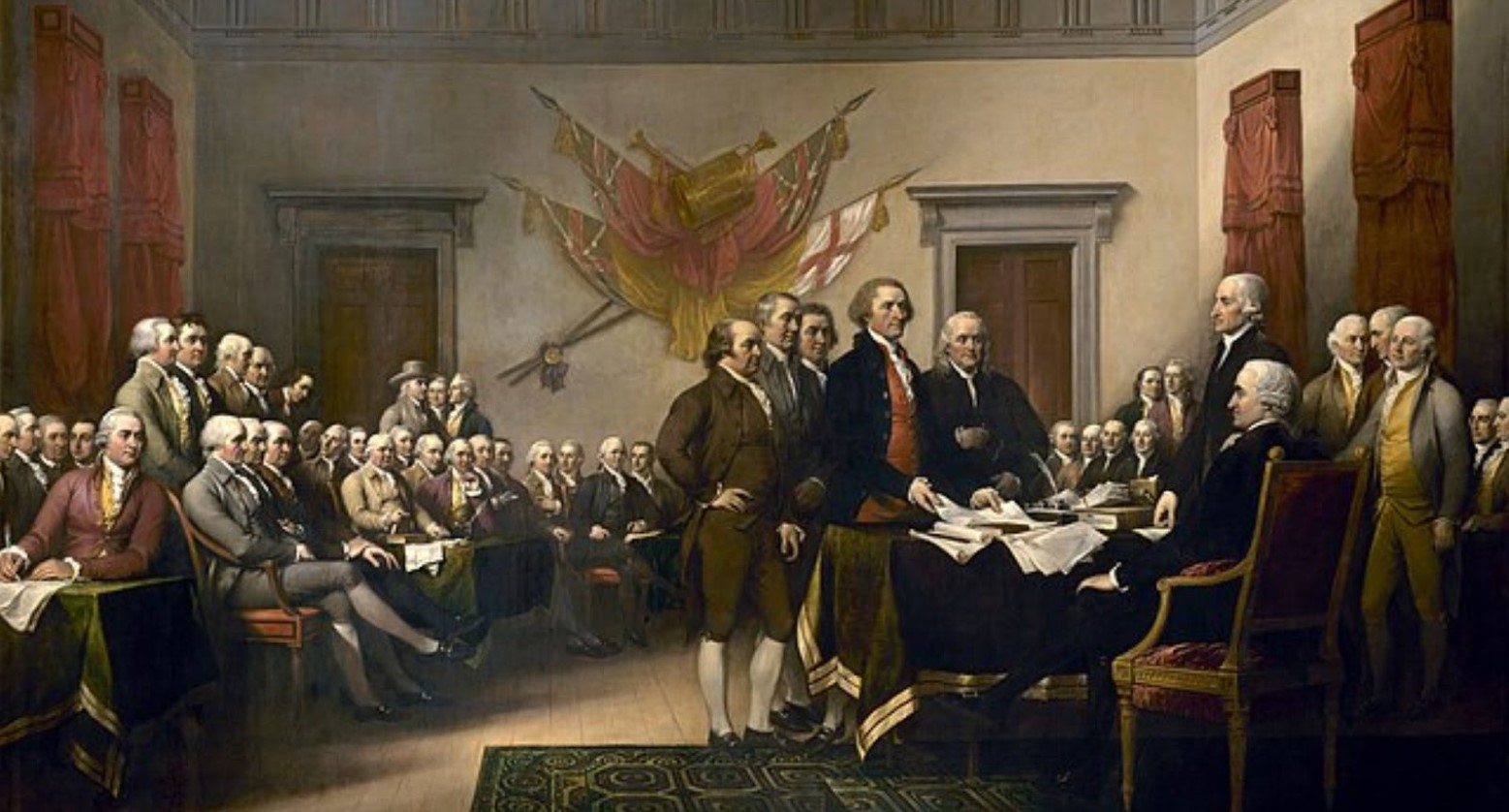
Source: John Trumbull/Wikimedia Commons
Answer: Thomas Jefferson
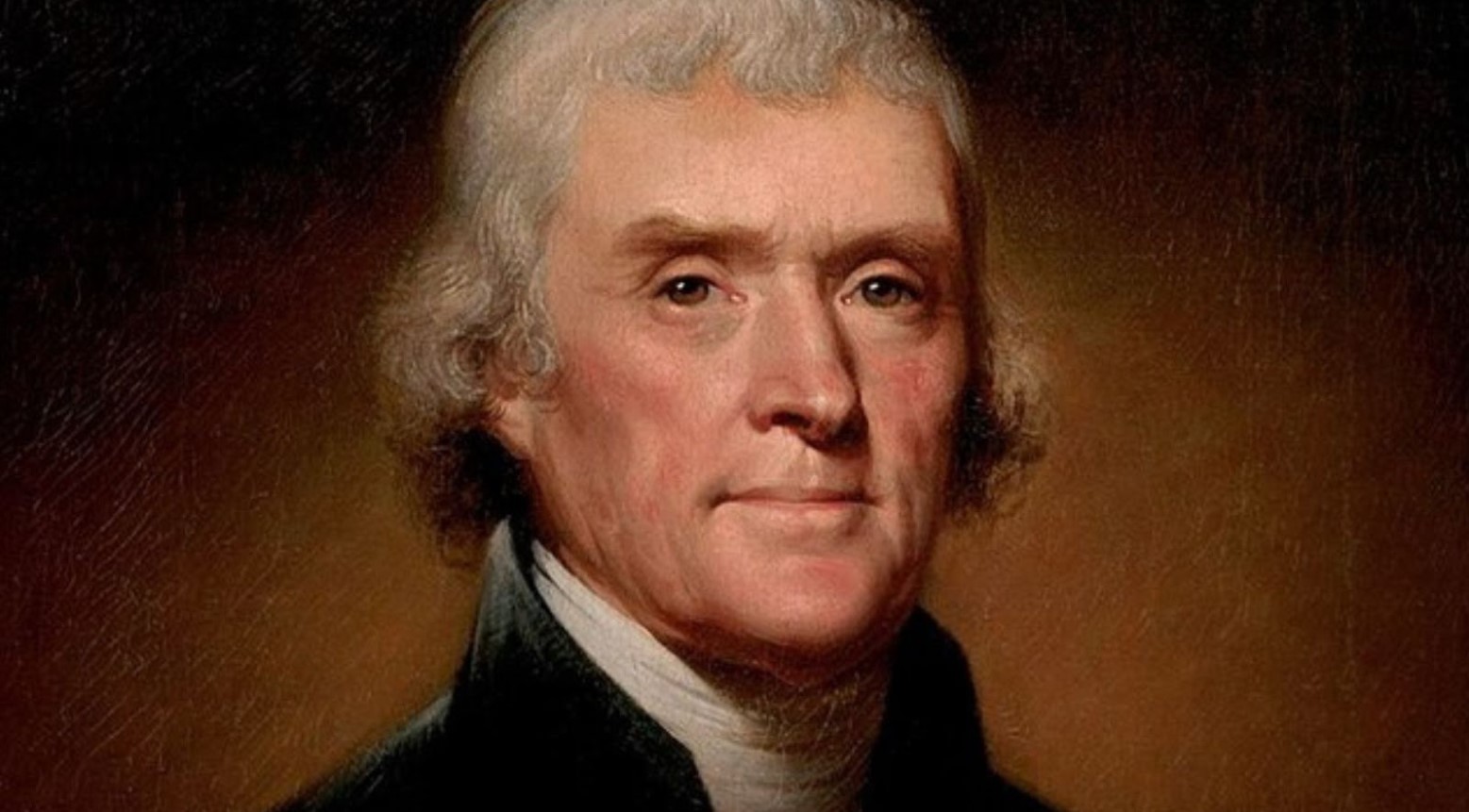
Source: Rembrandt Peale/Wikimedia Commons
